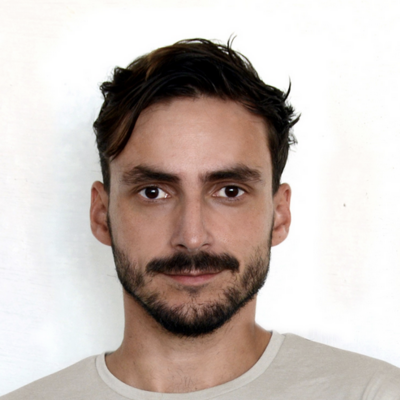



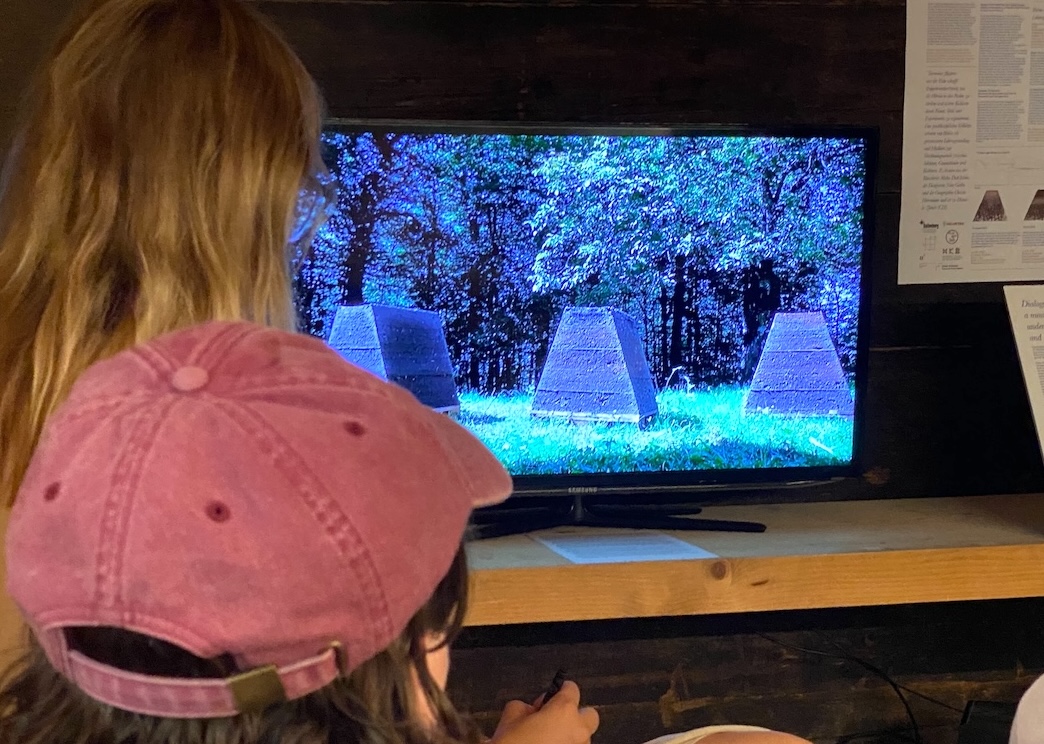
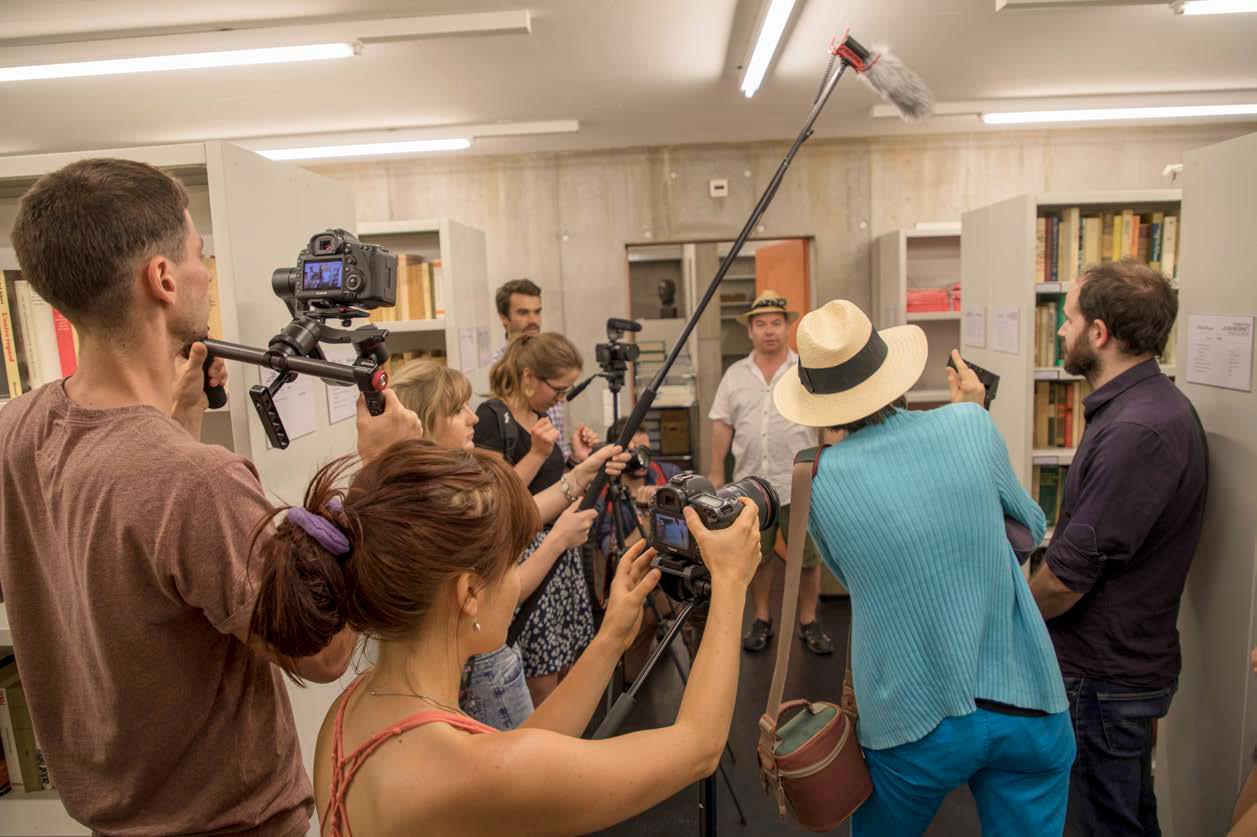

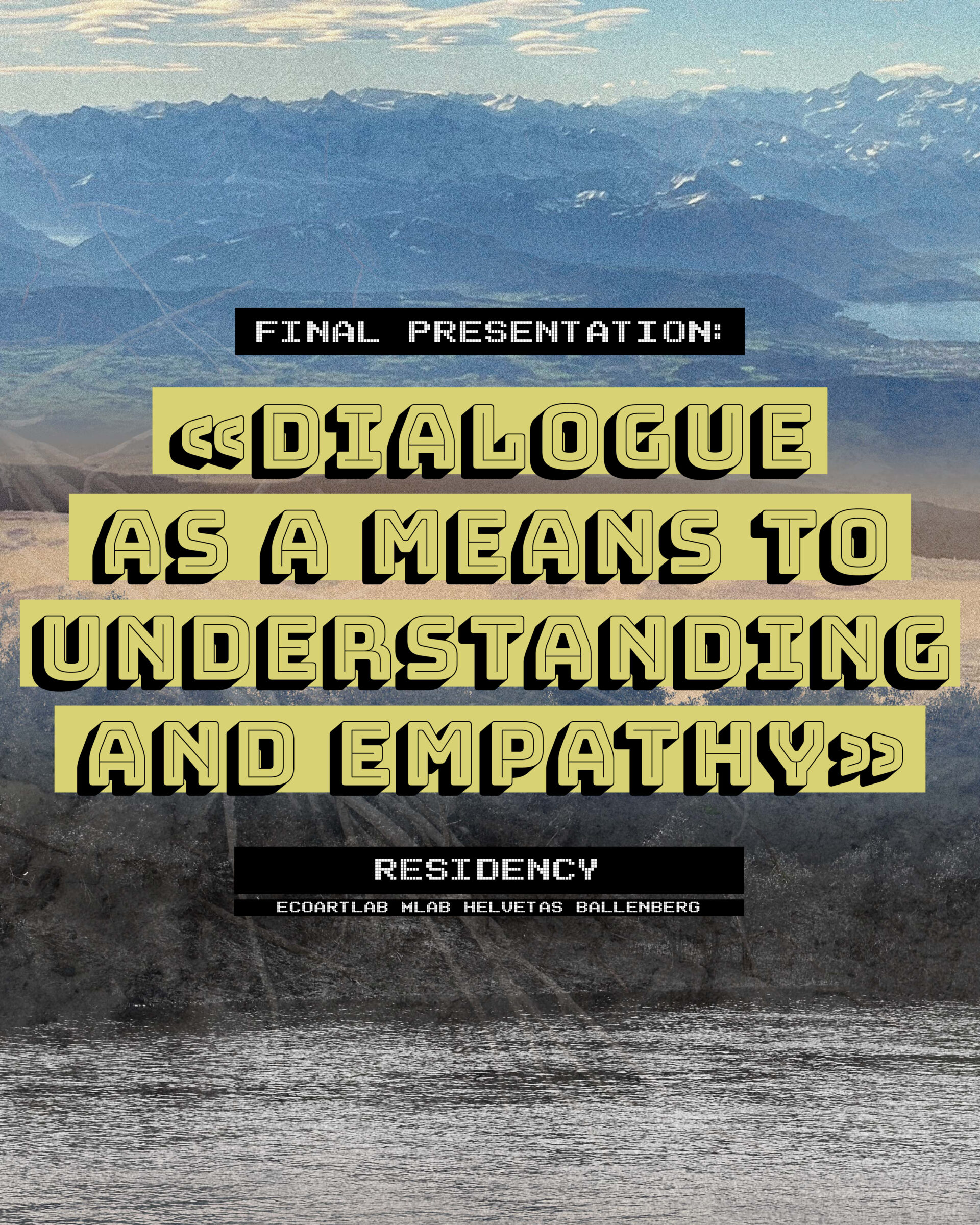
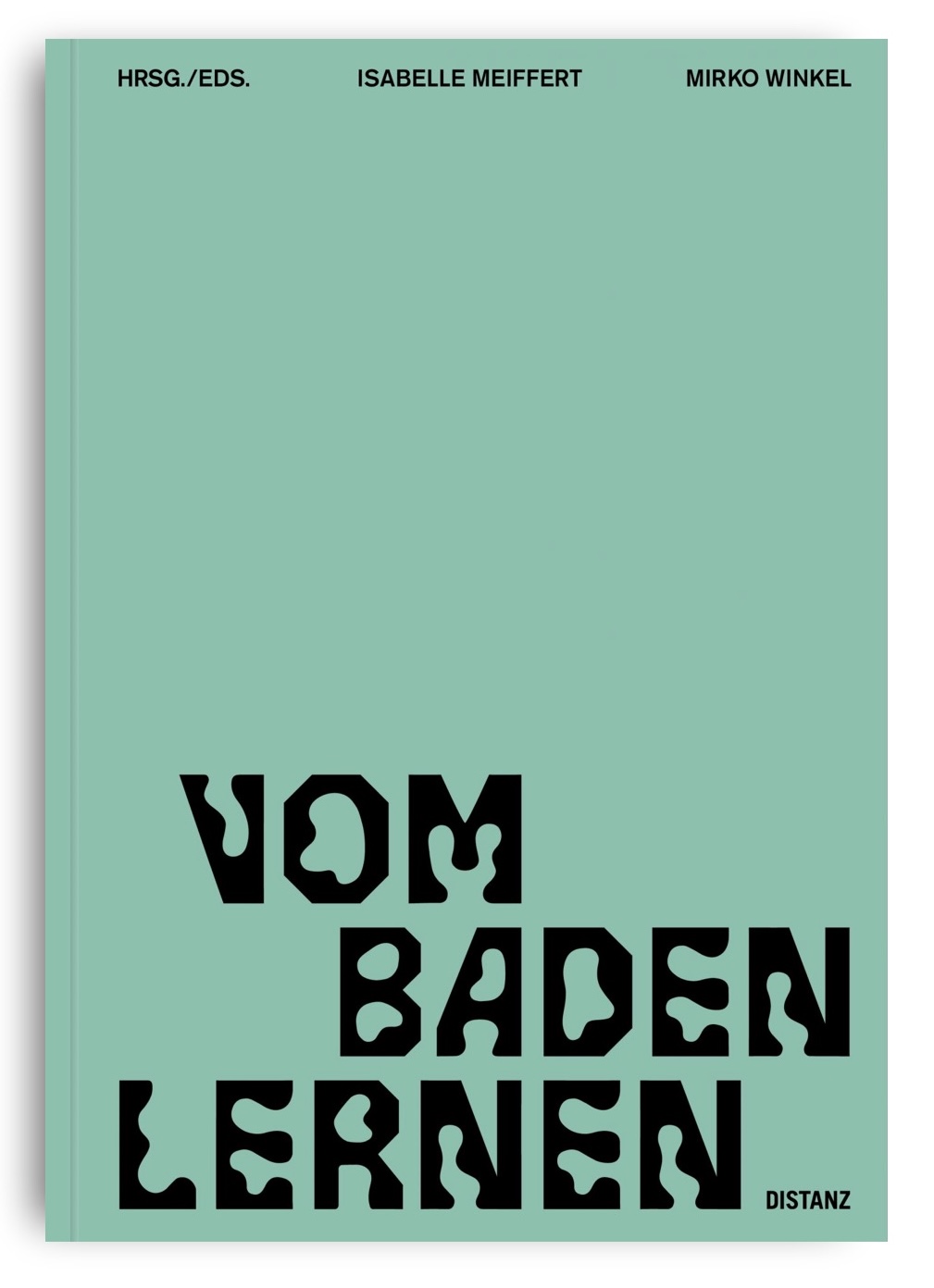
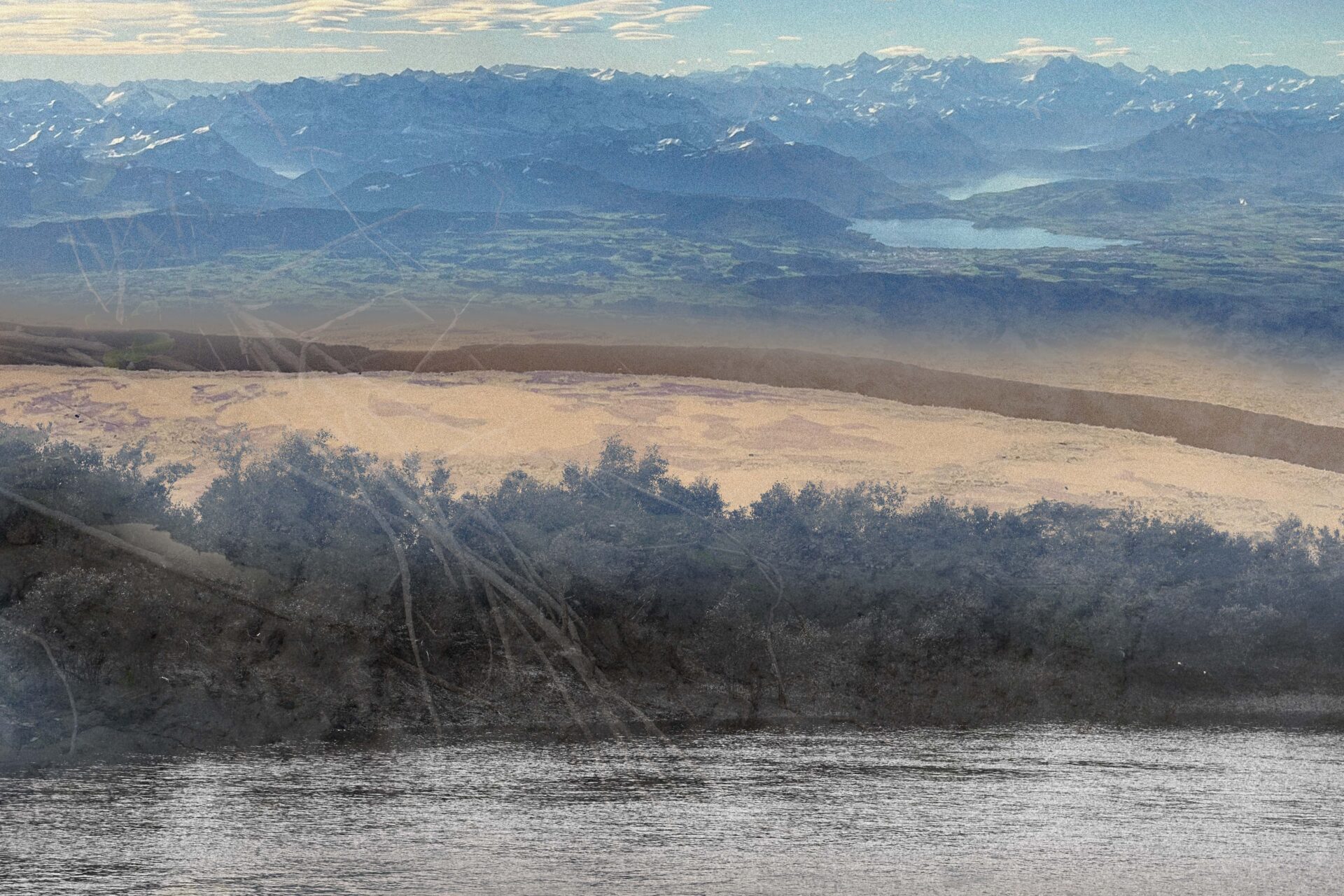
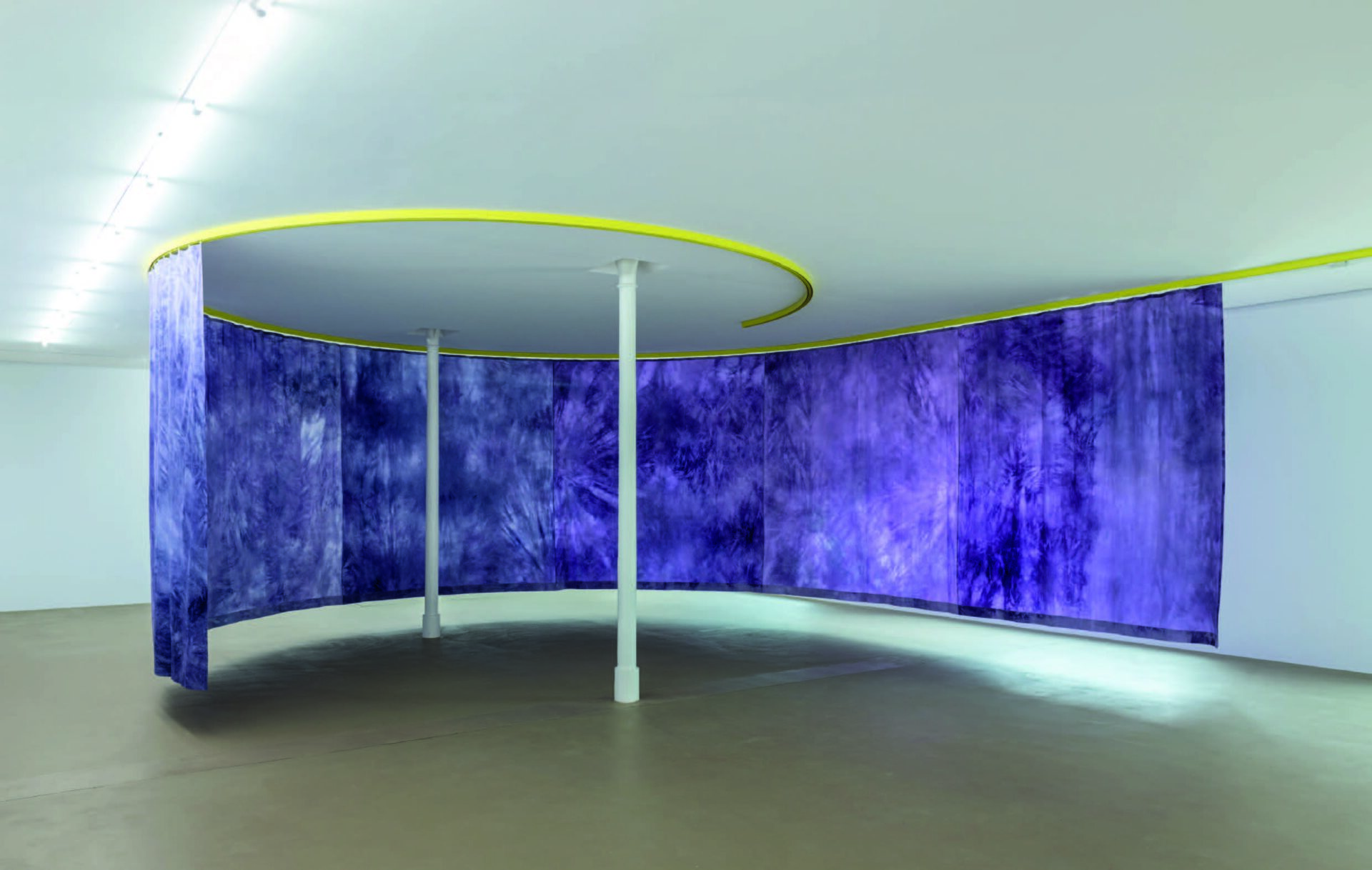
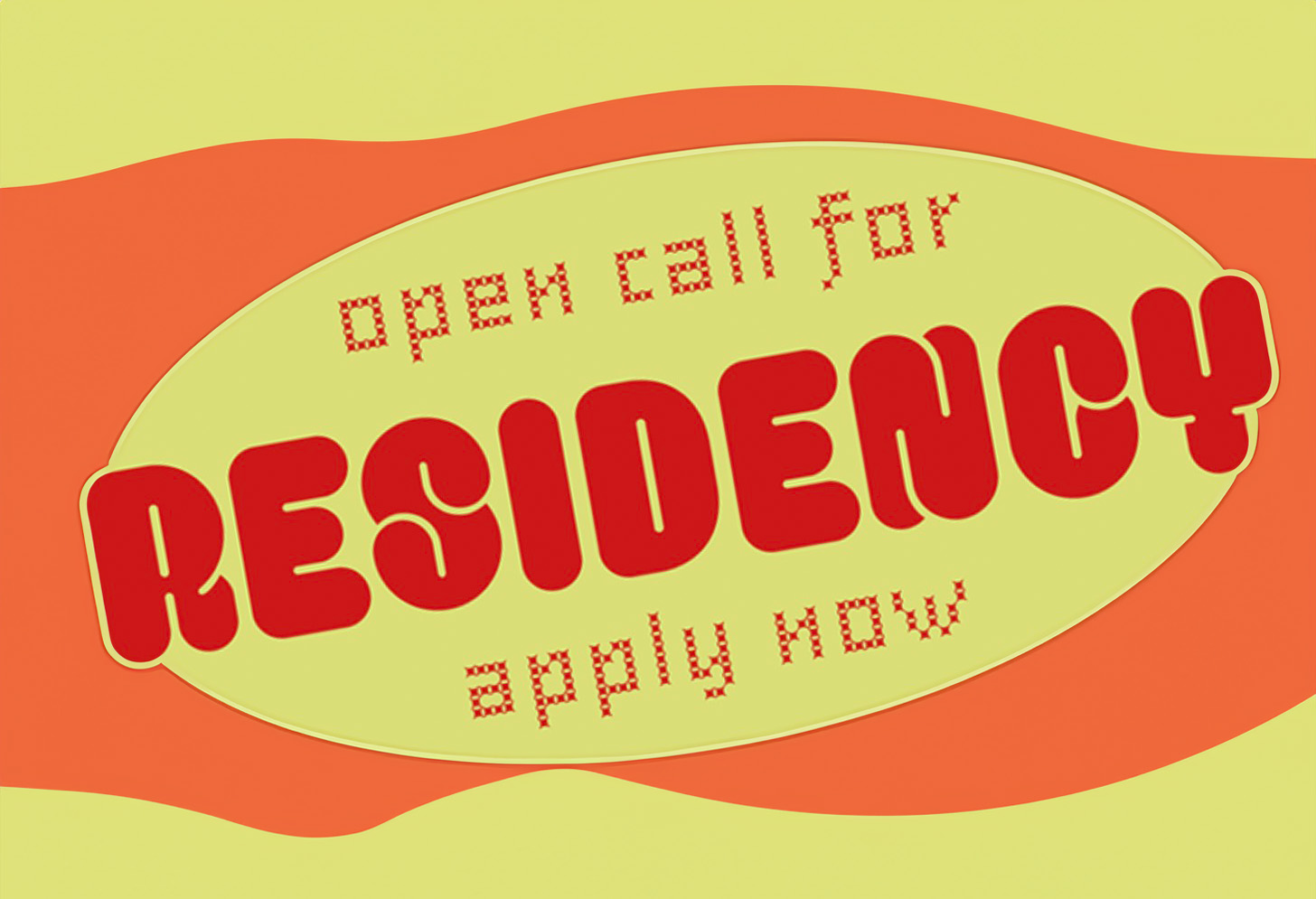
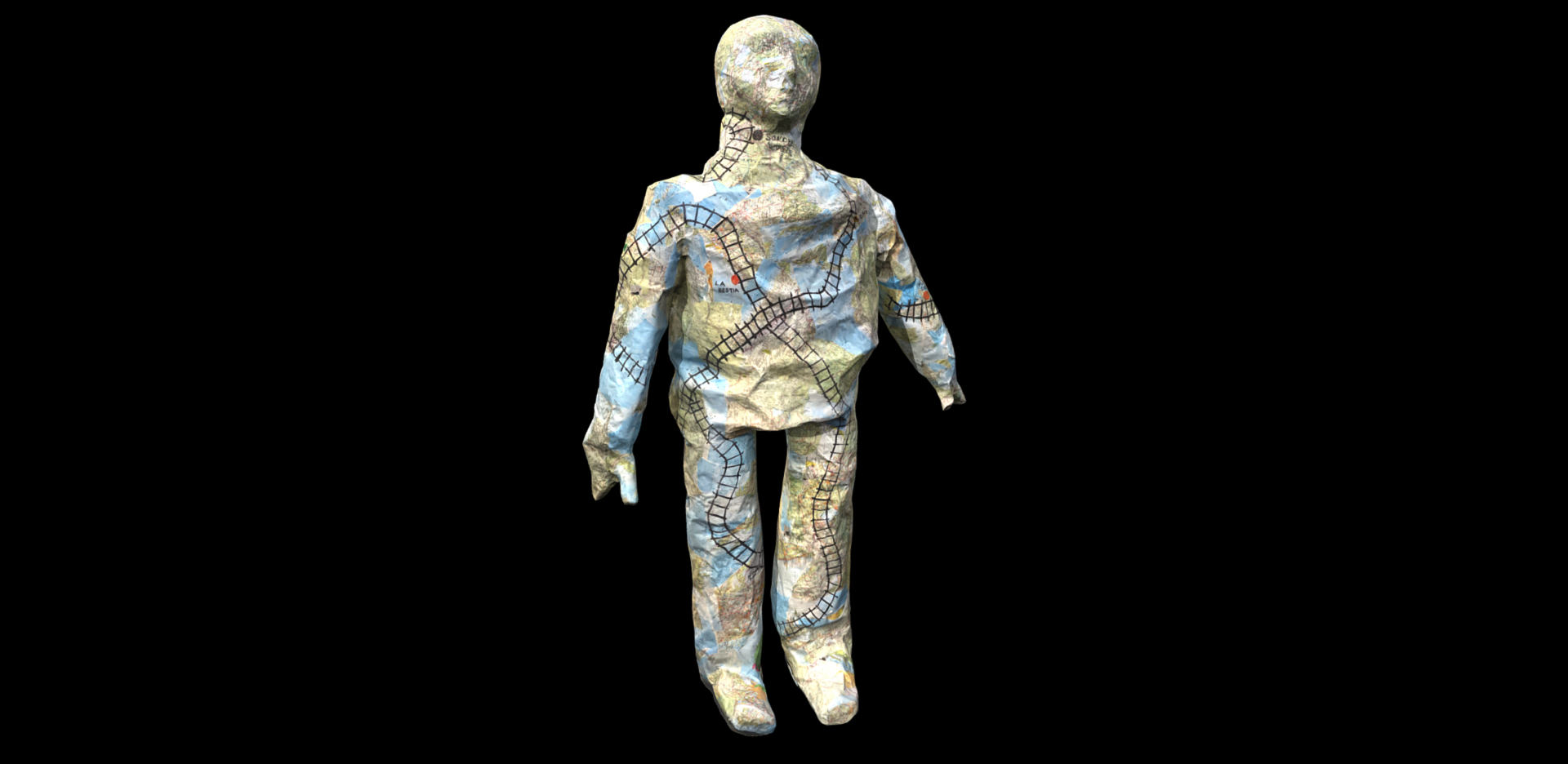
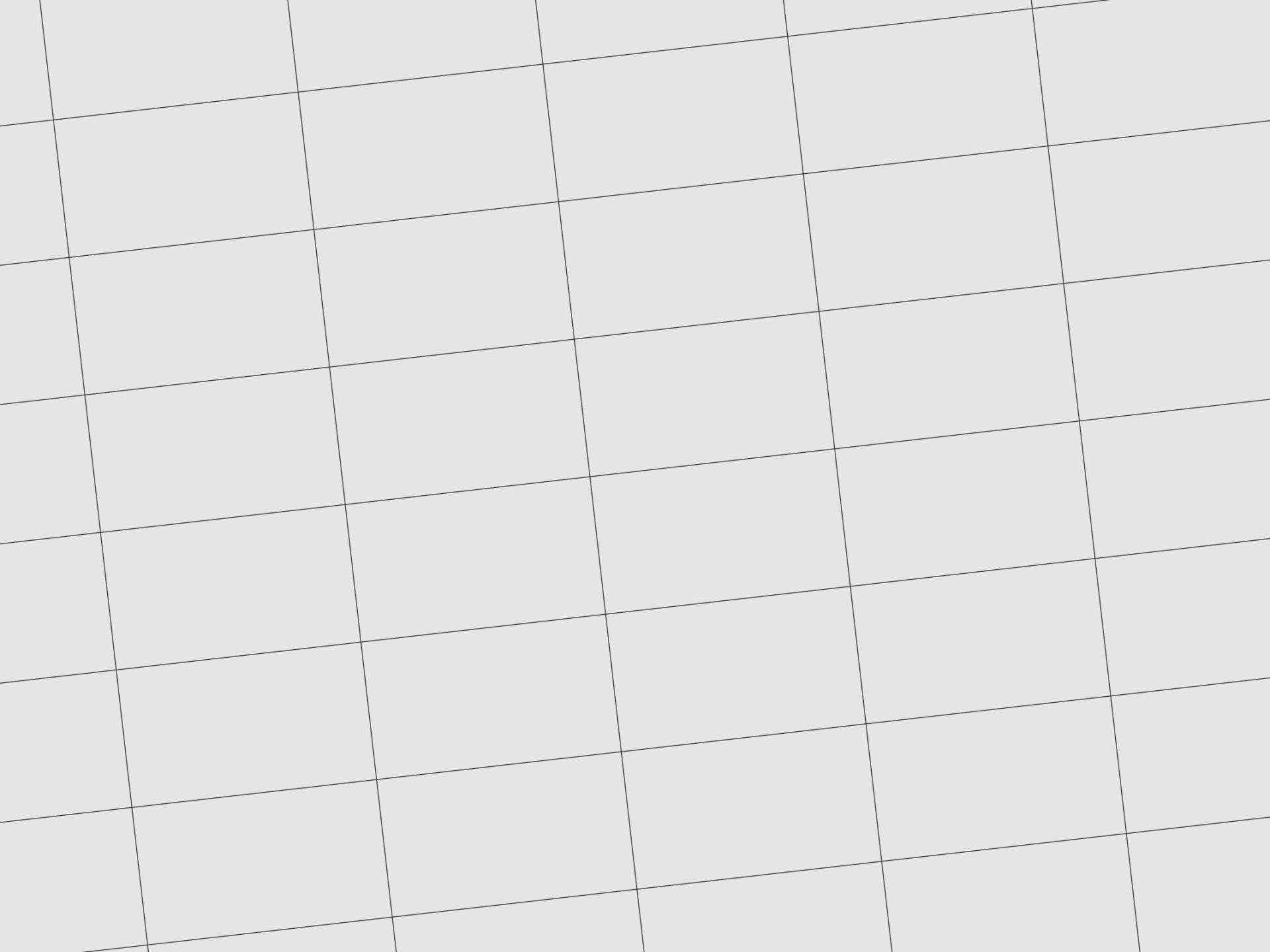
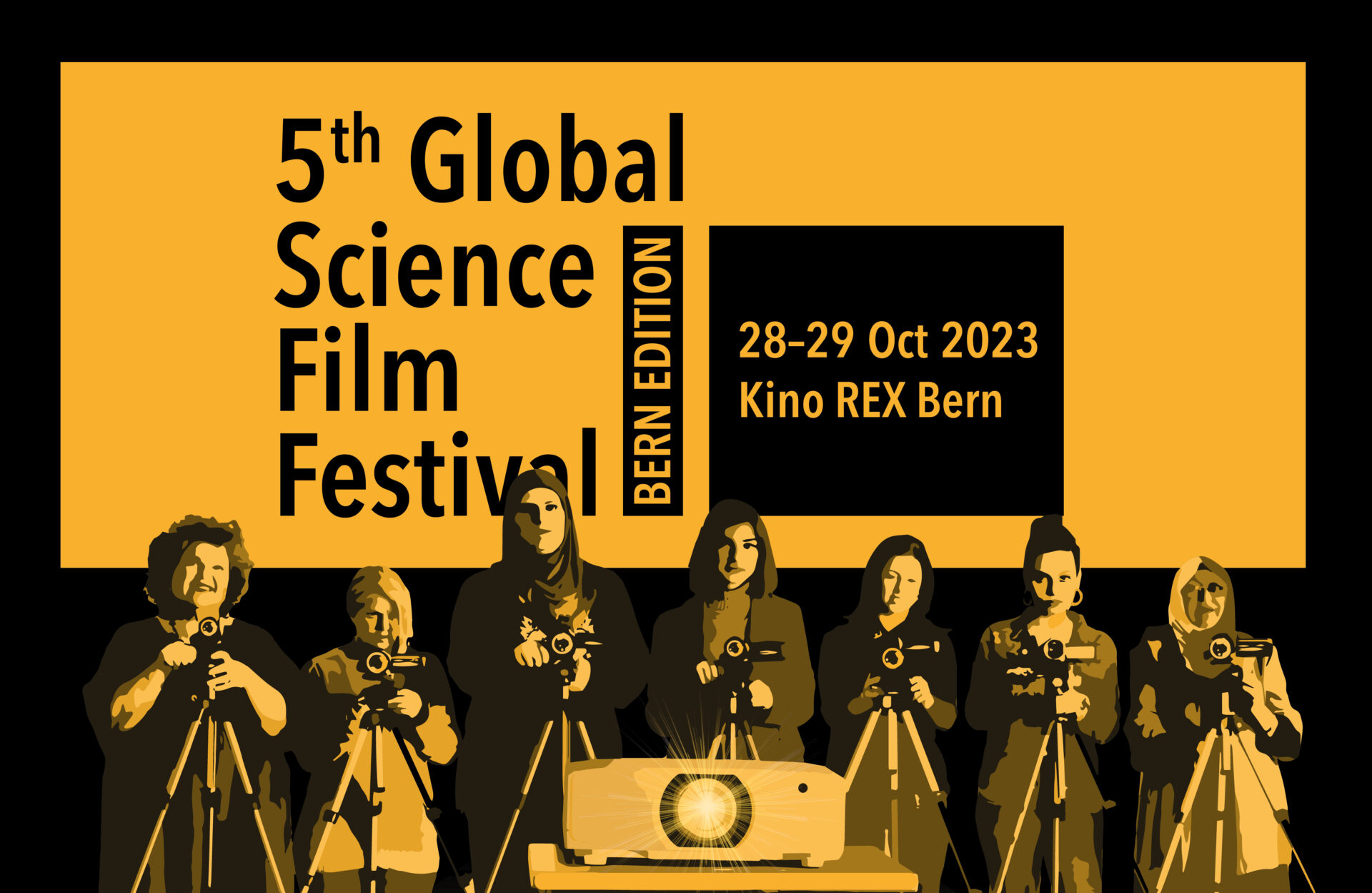
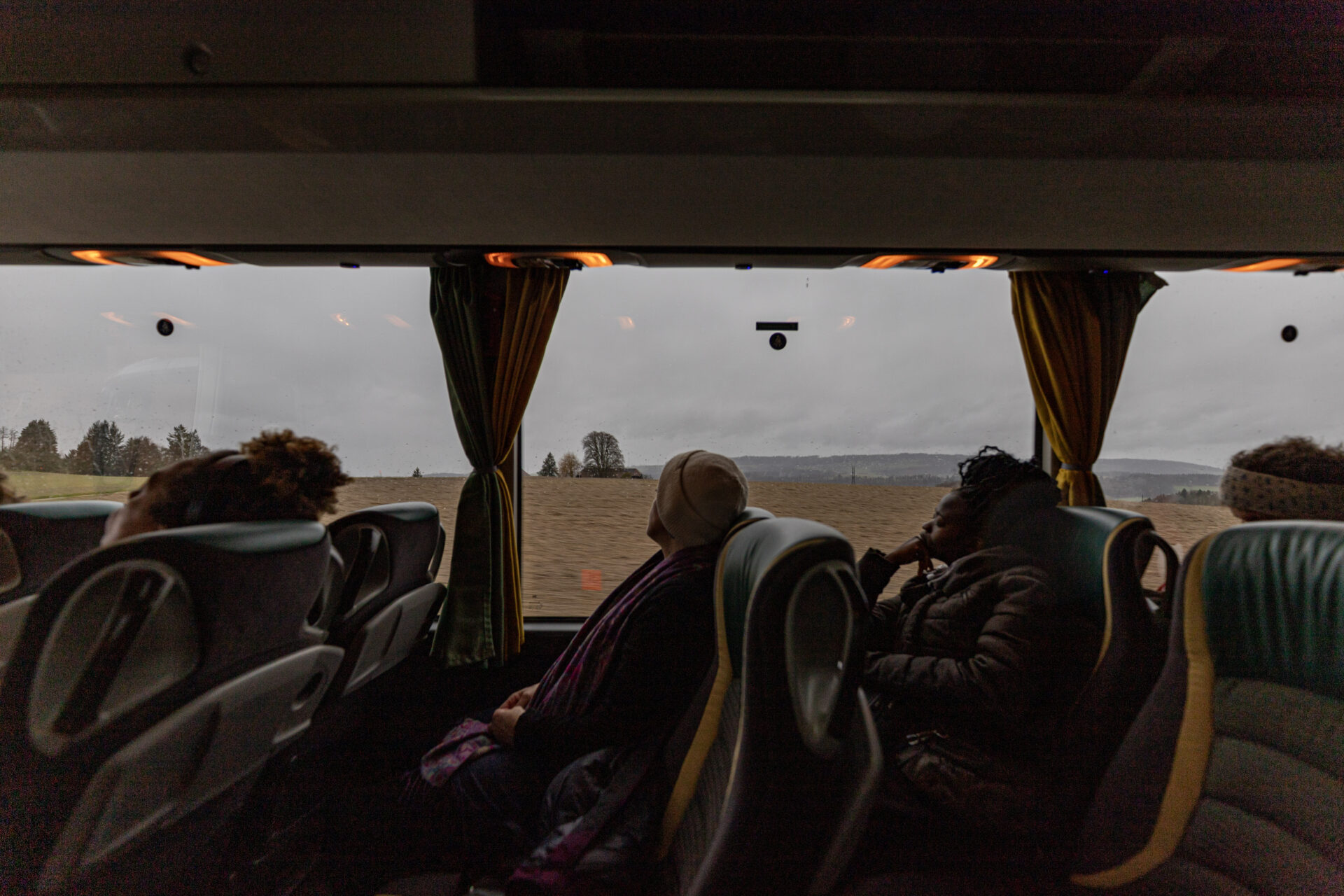
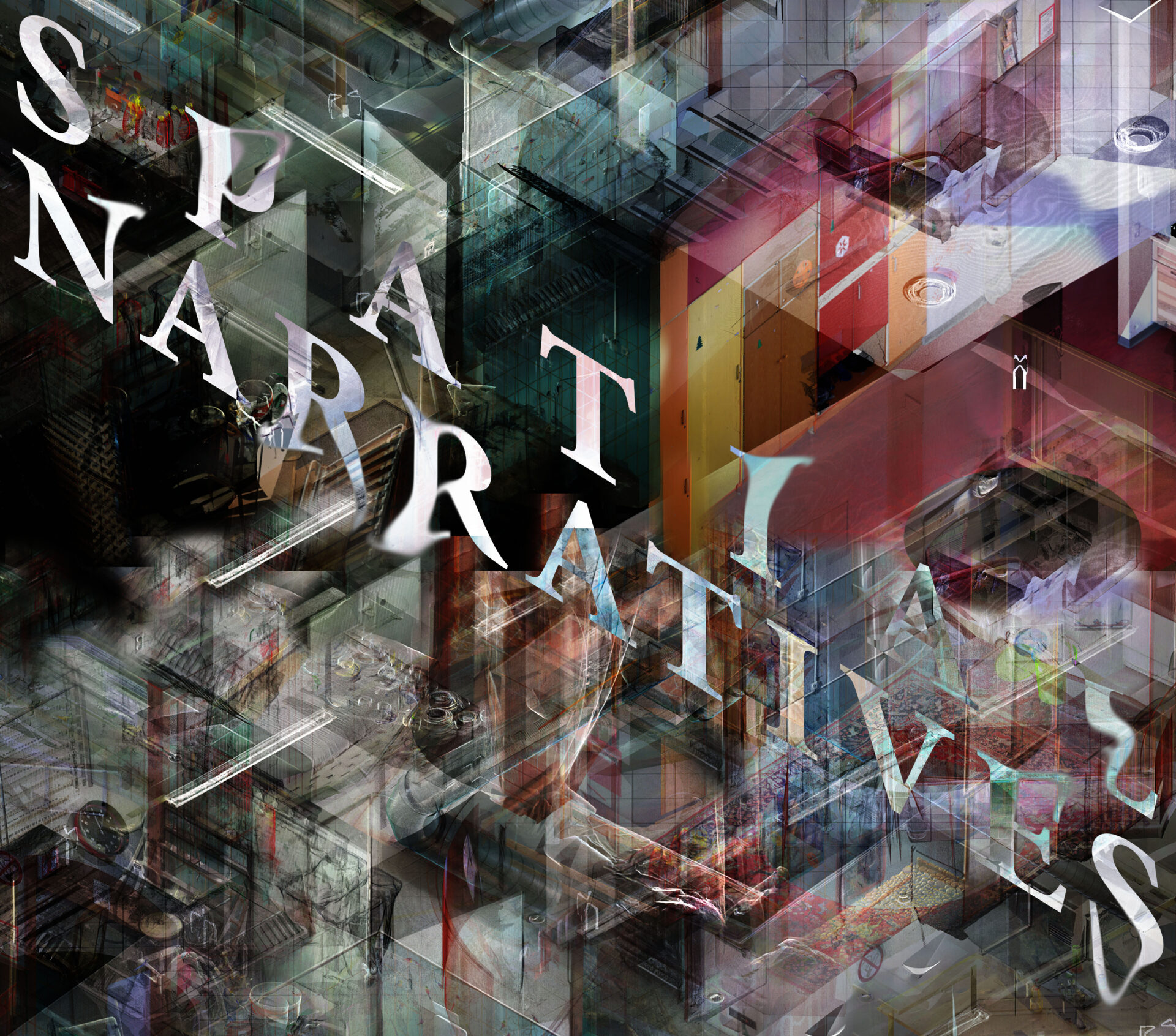
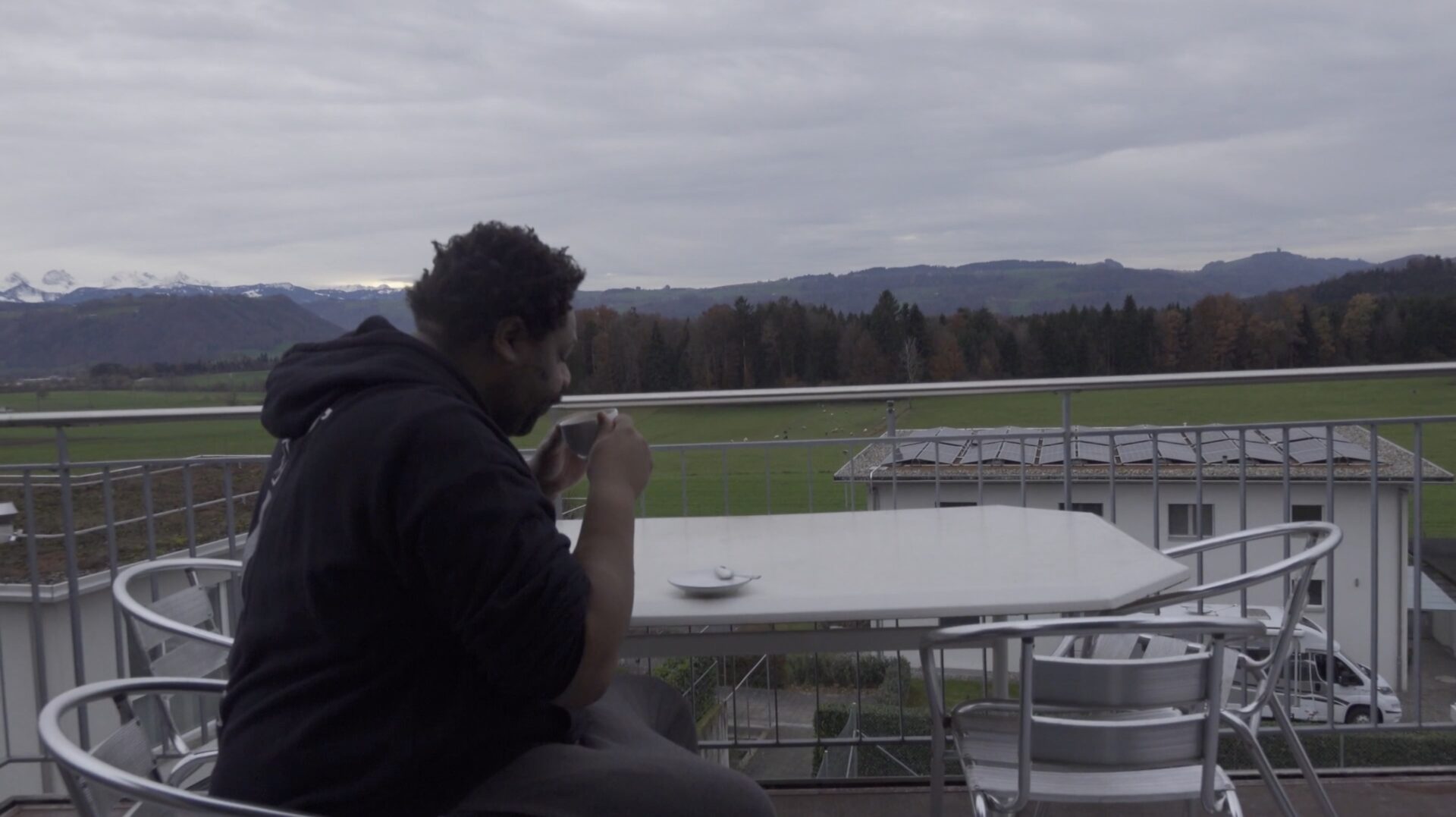
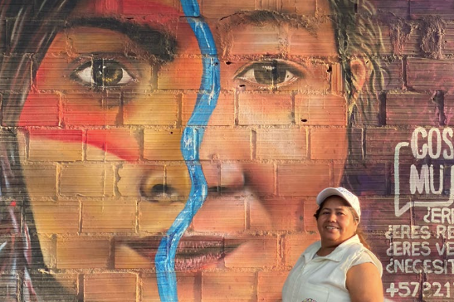
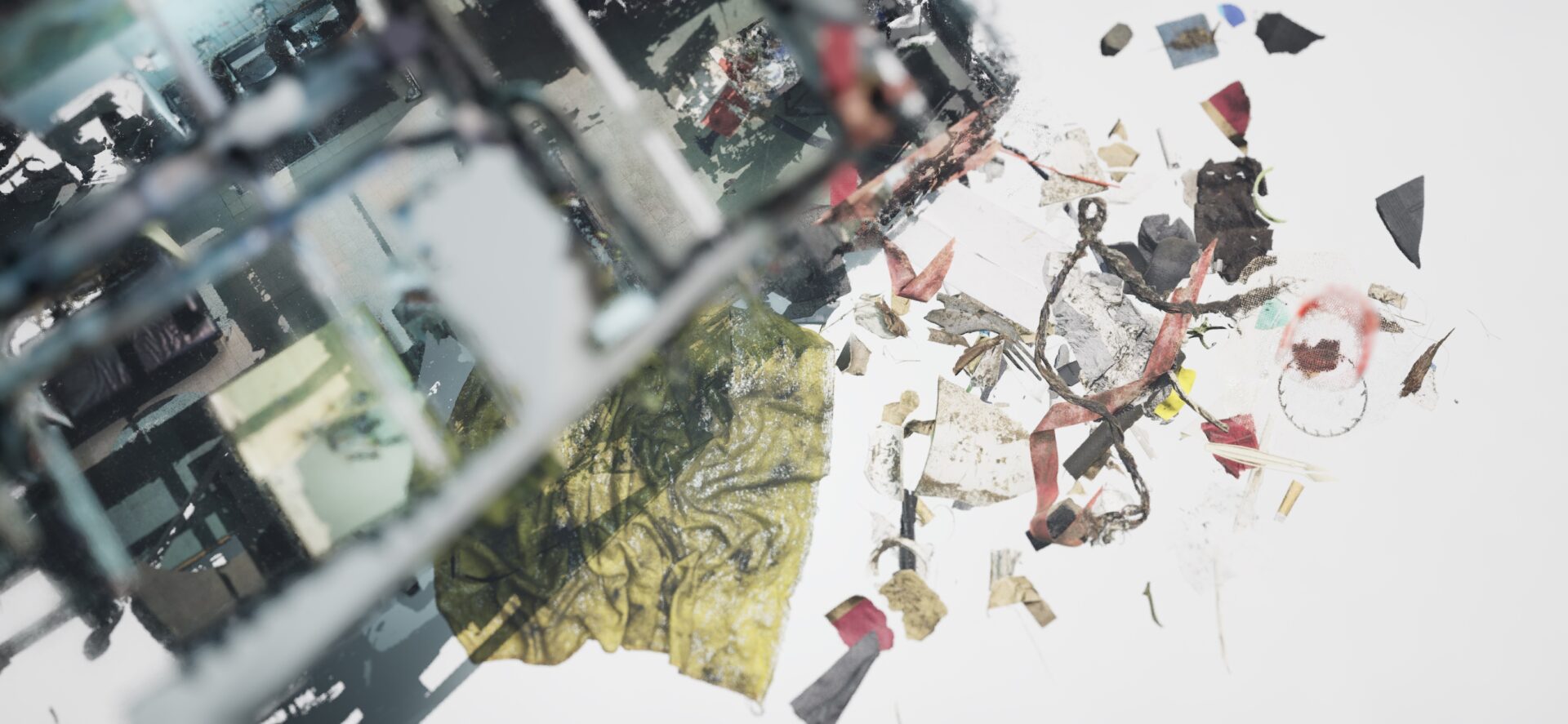

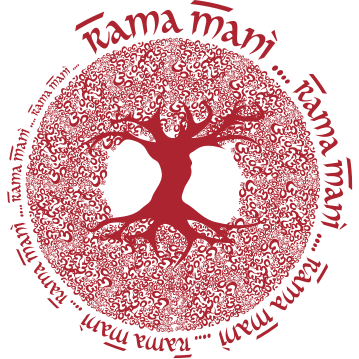
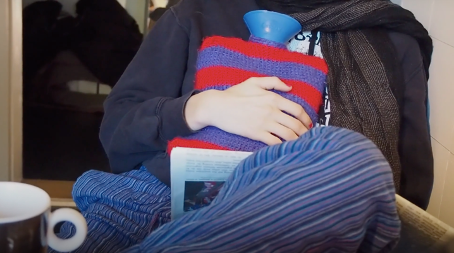


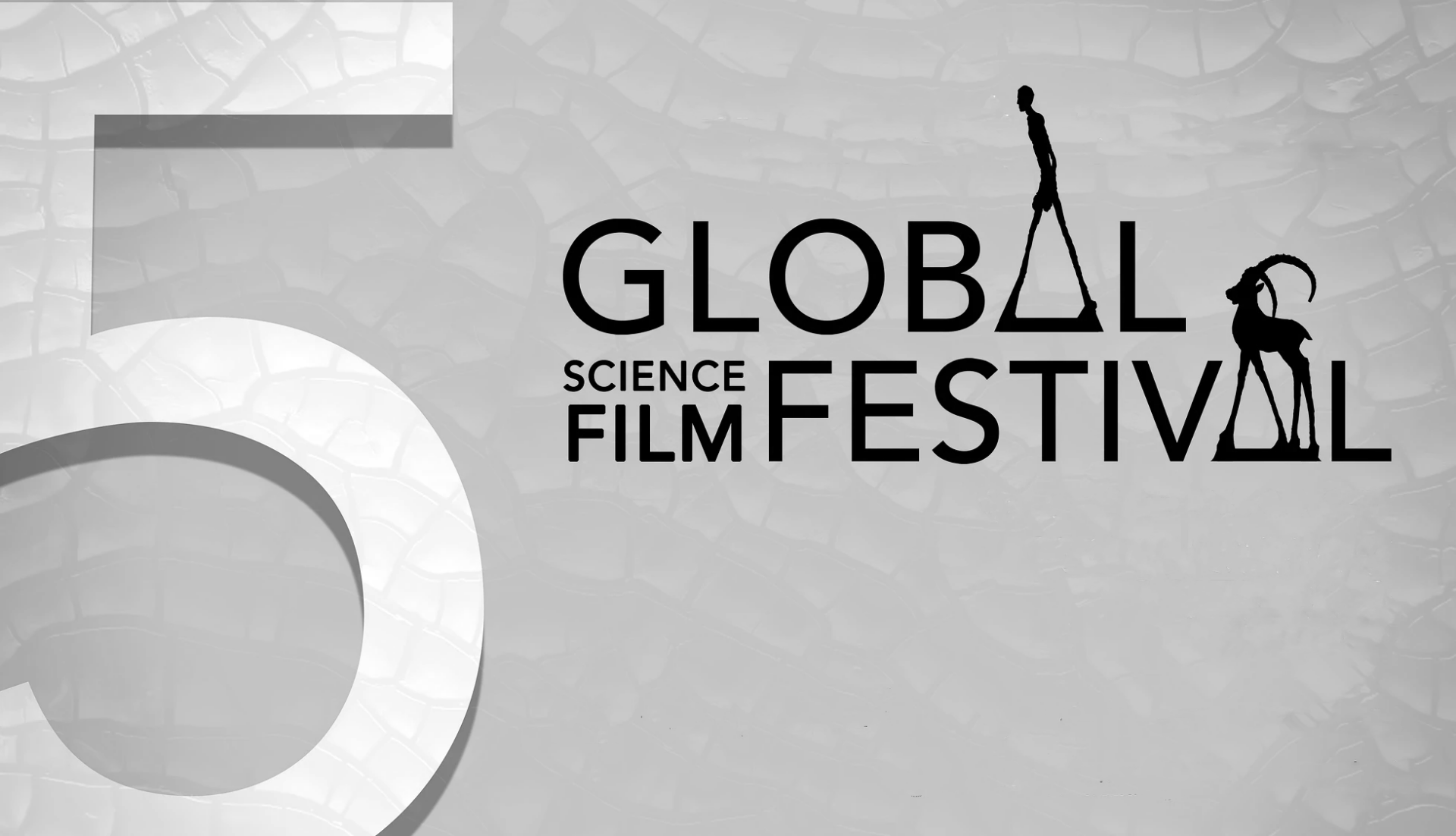

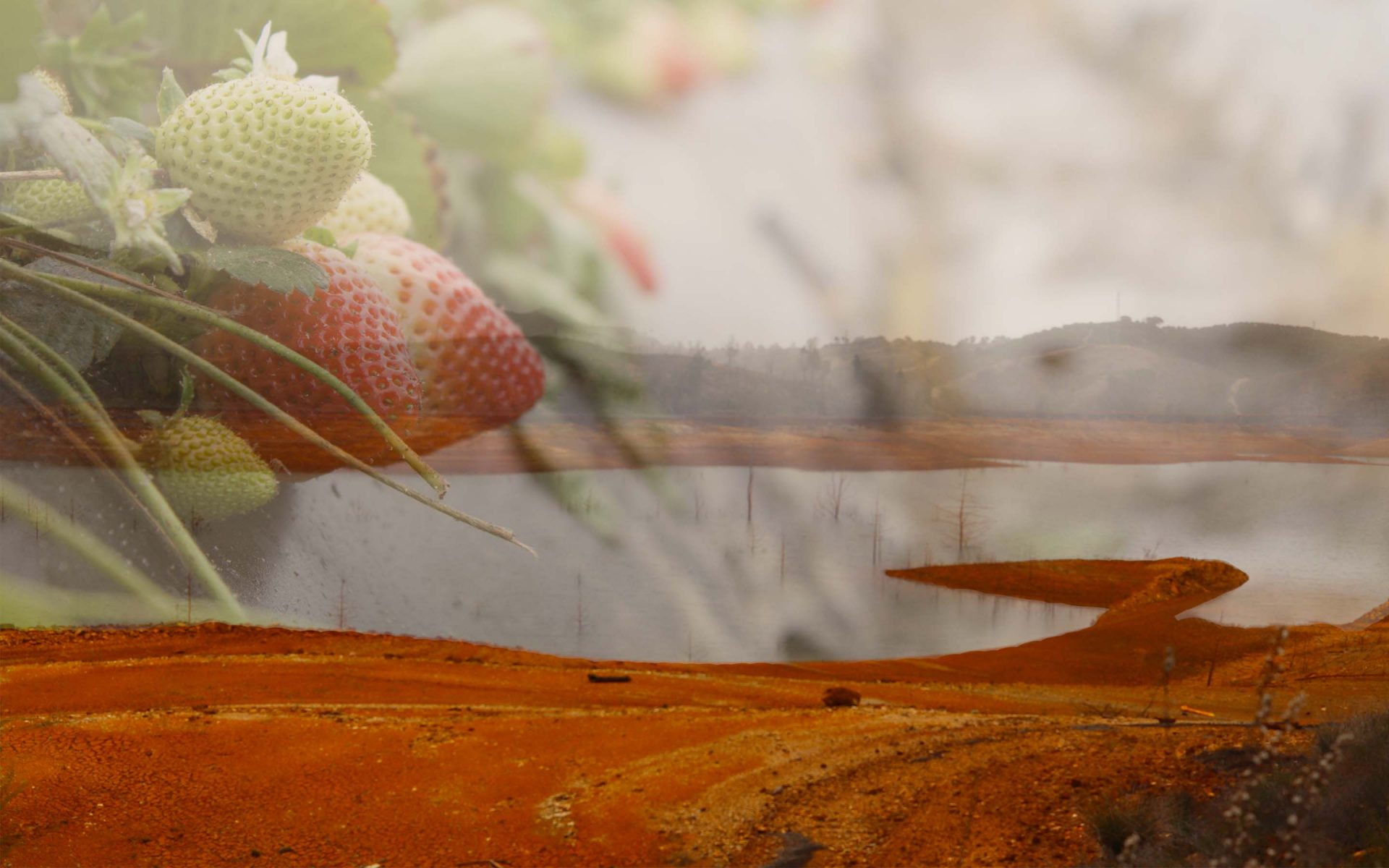
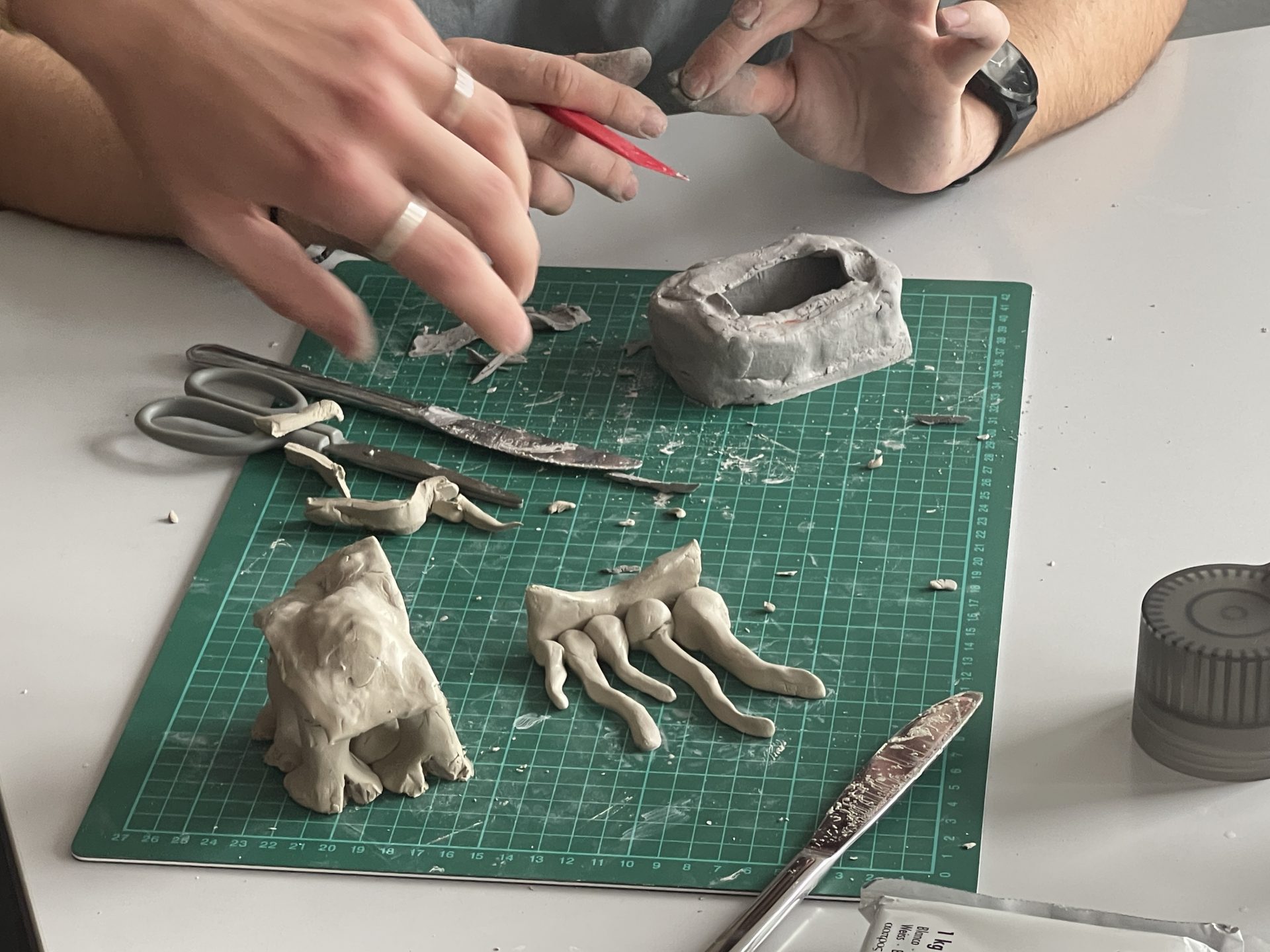
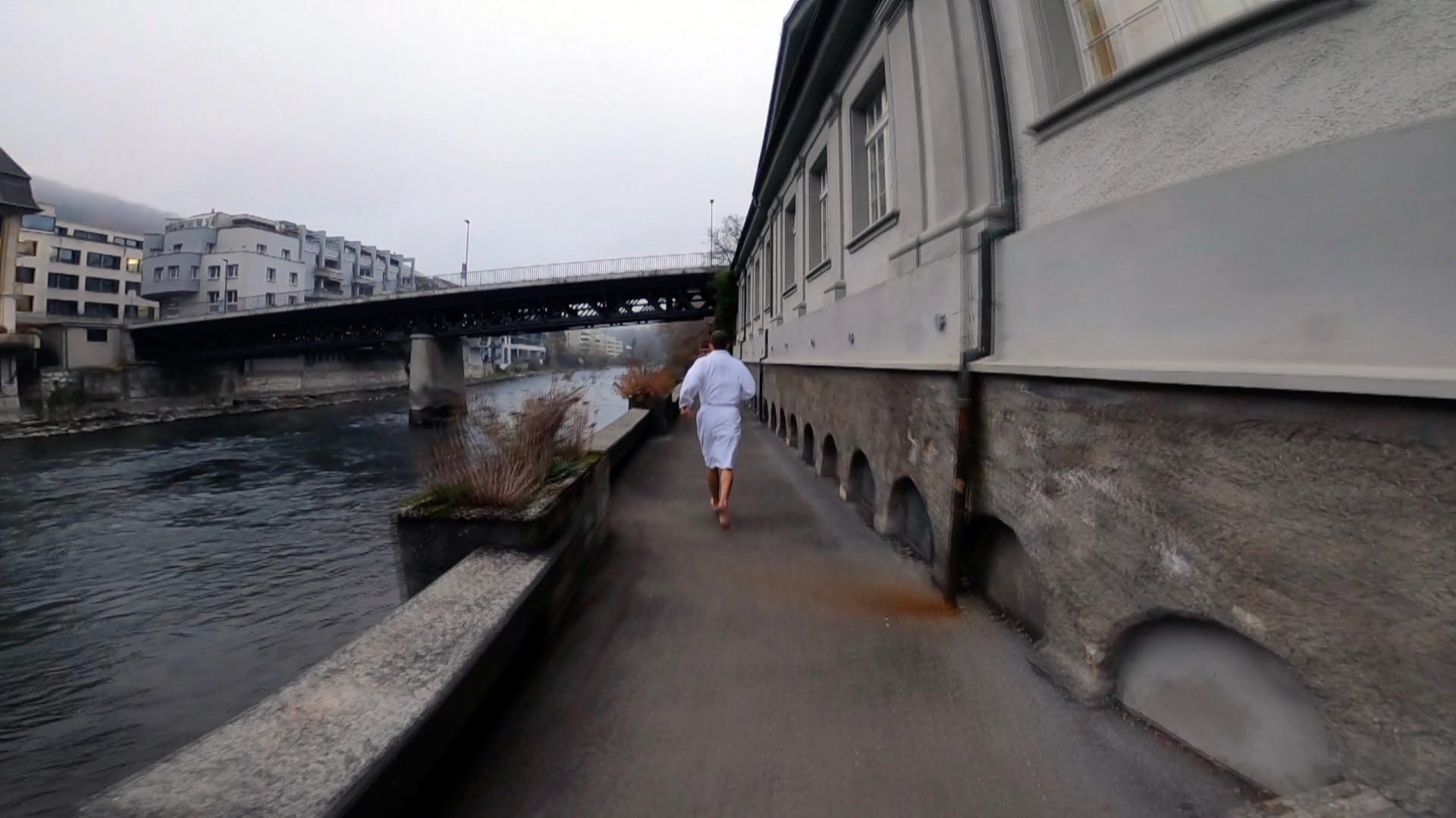
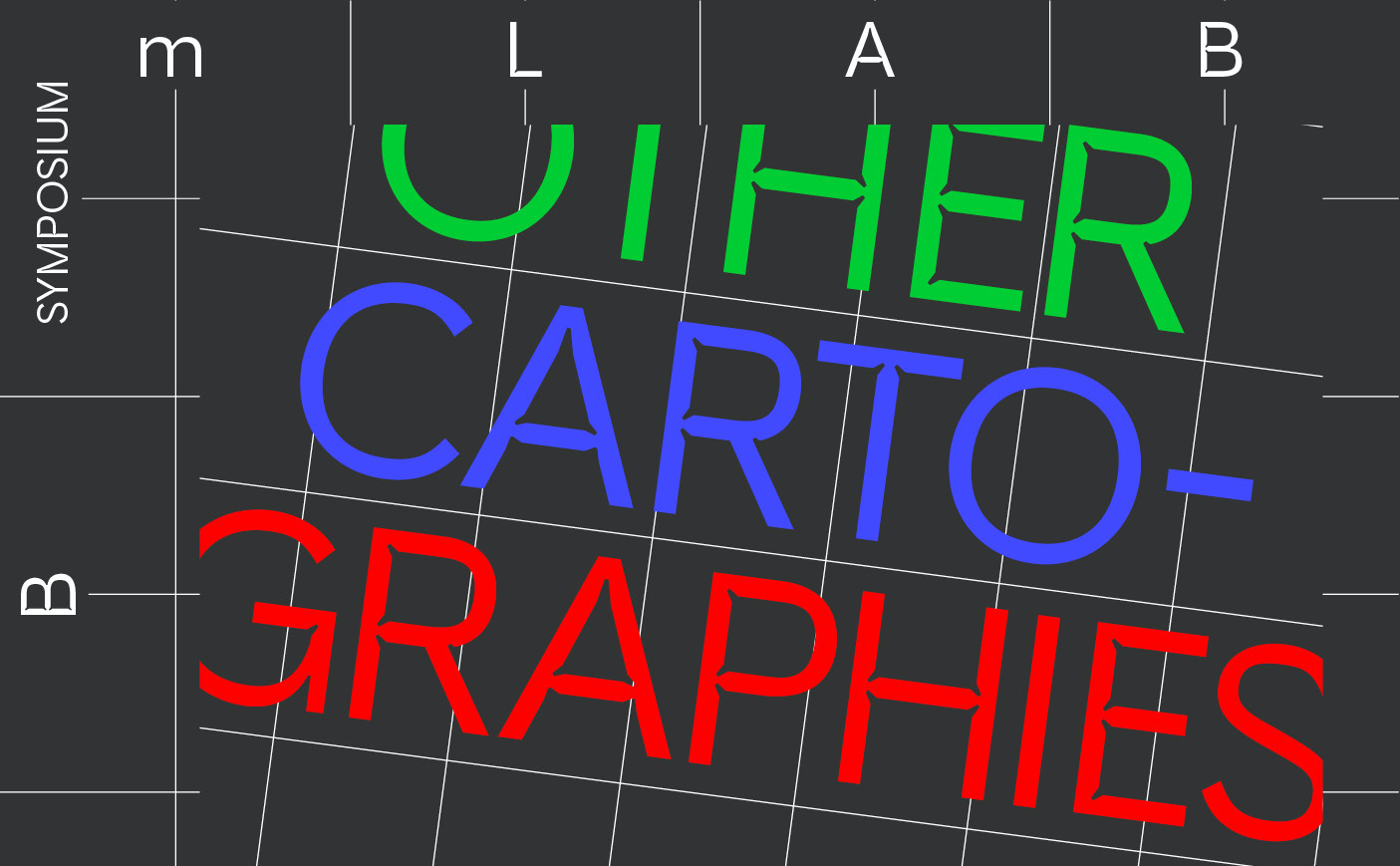
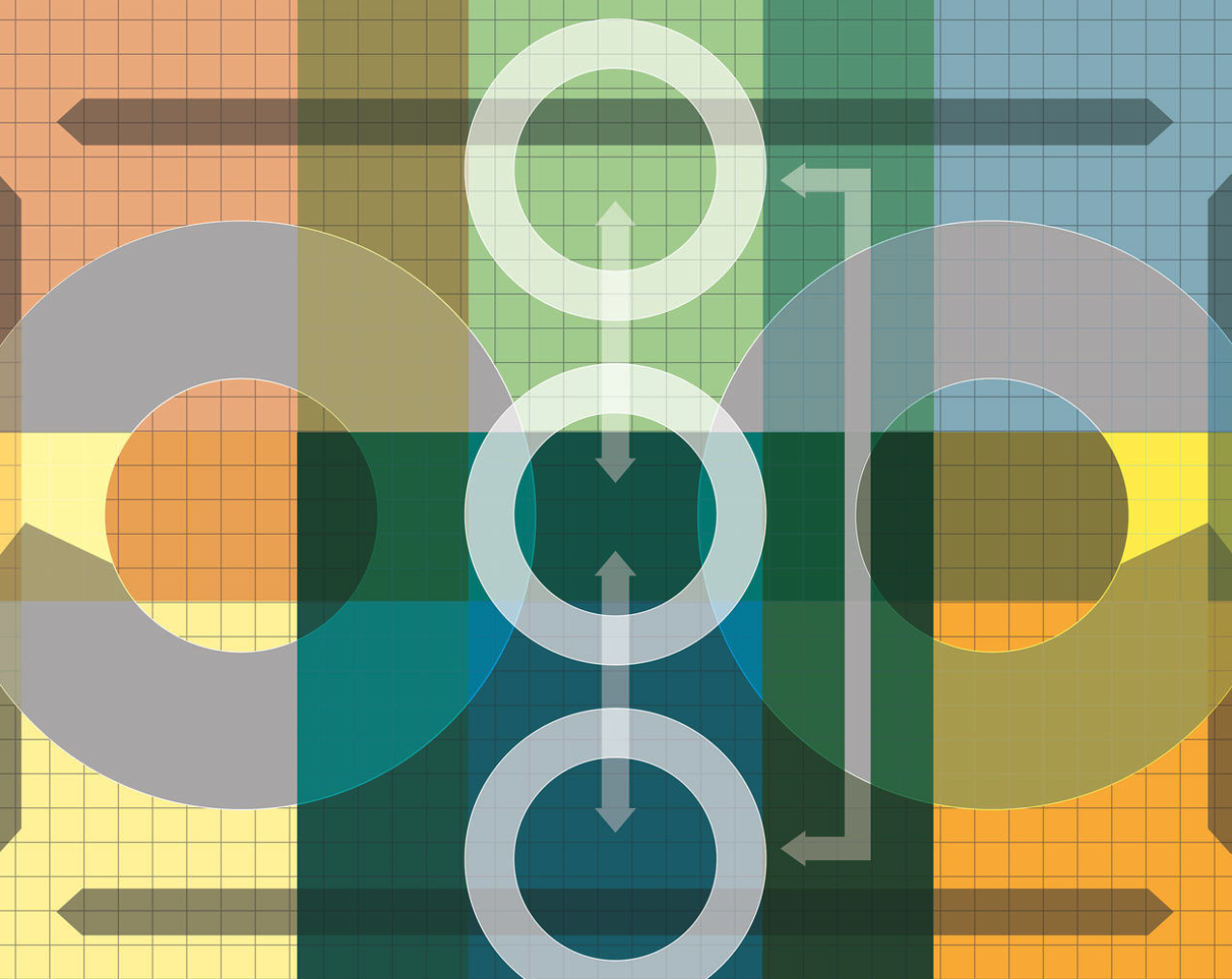
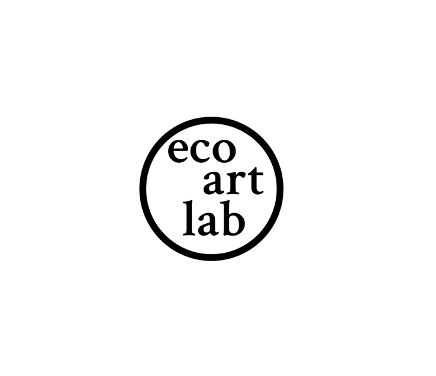

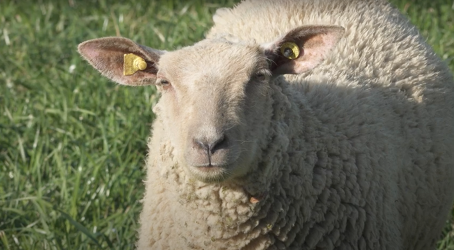

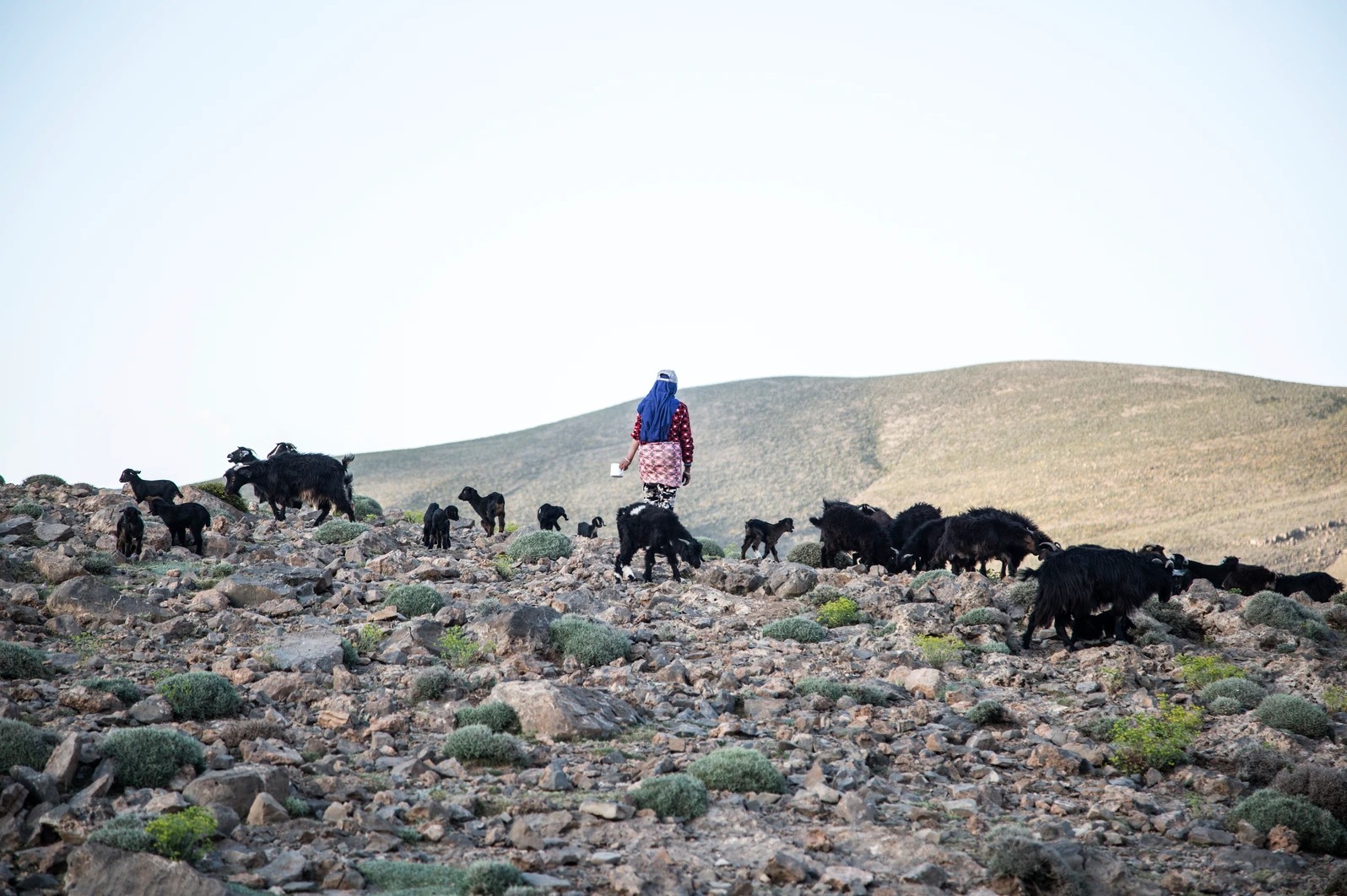

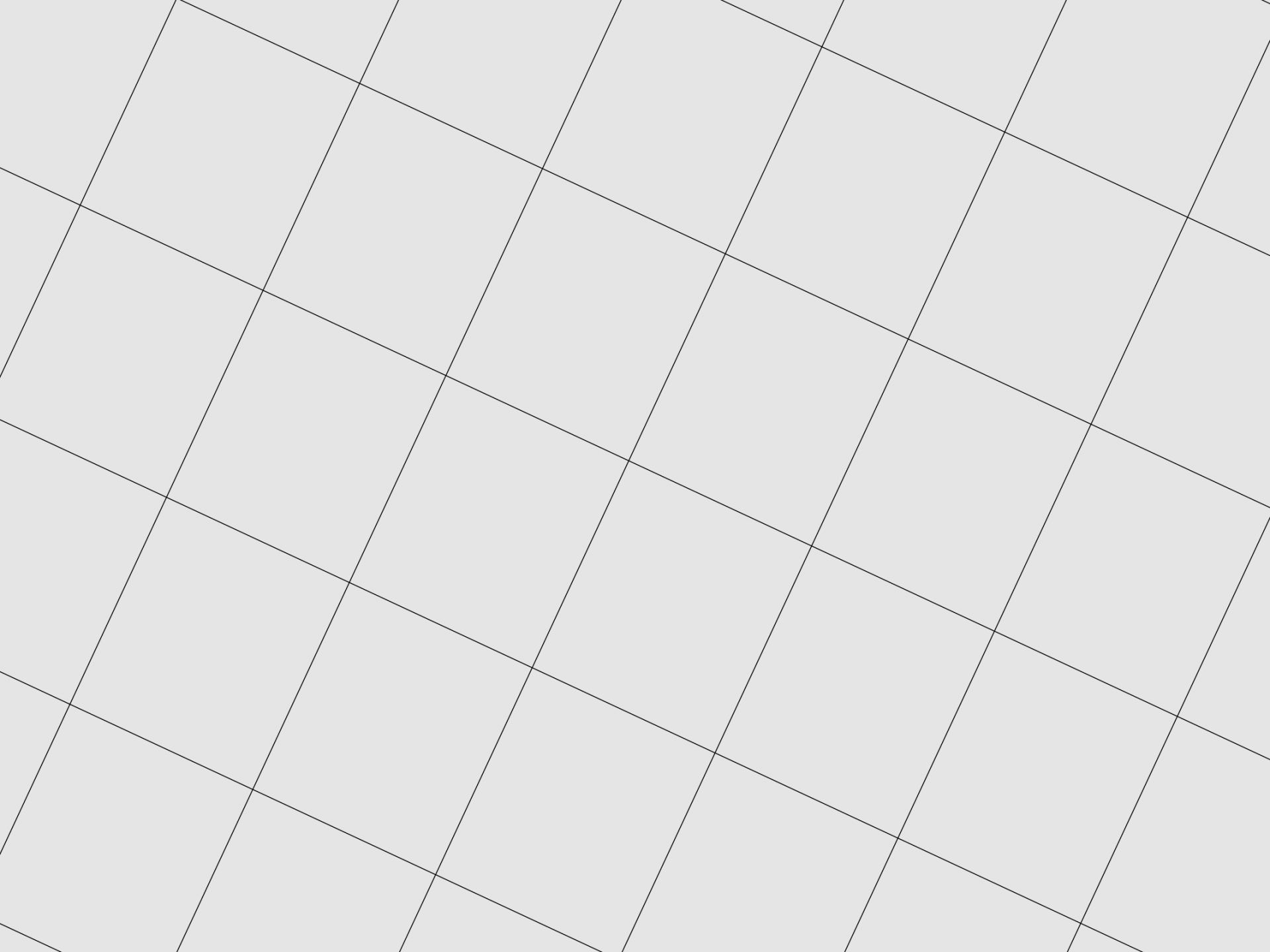
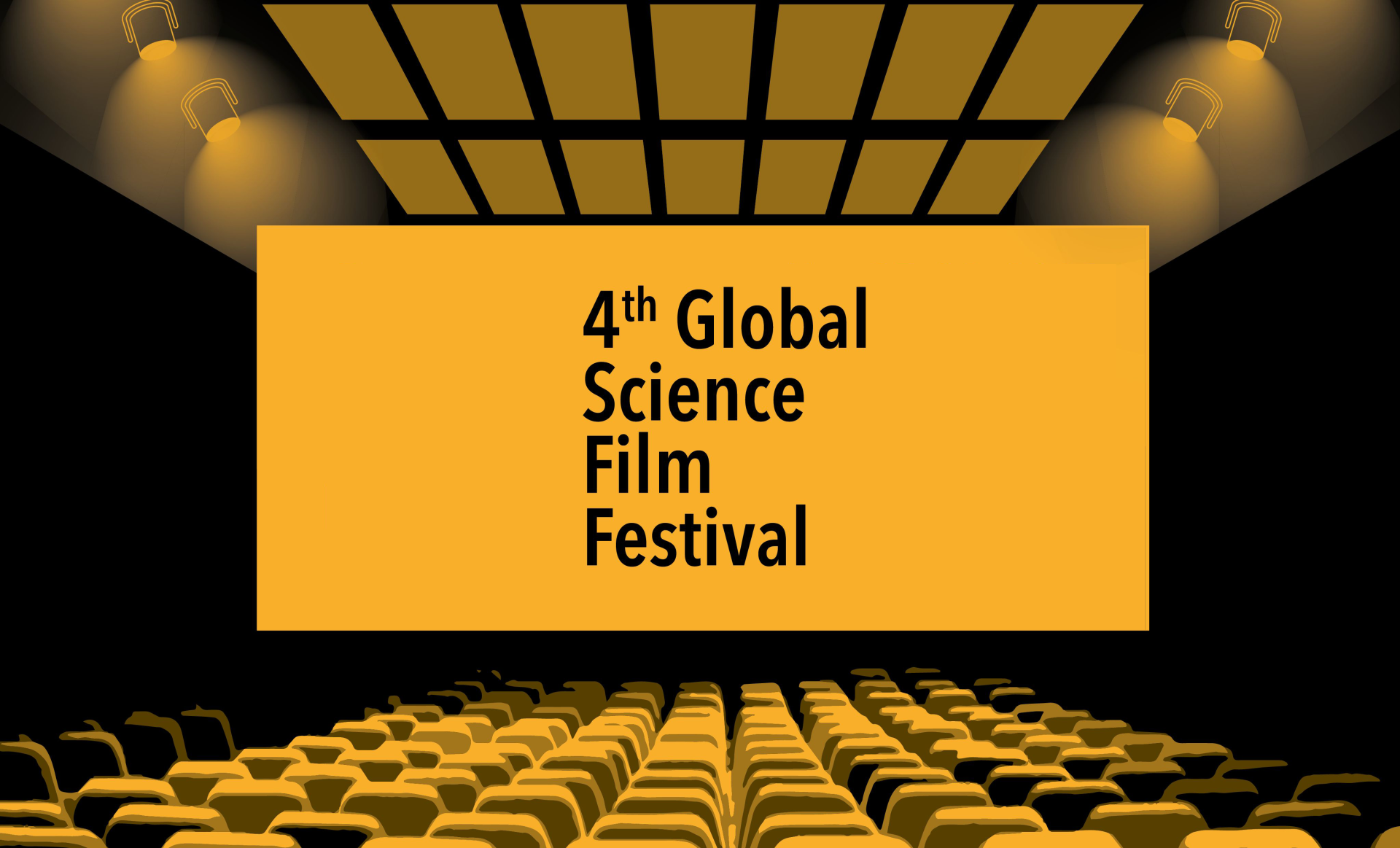
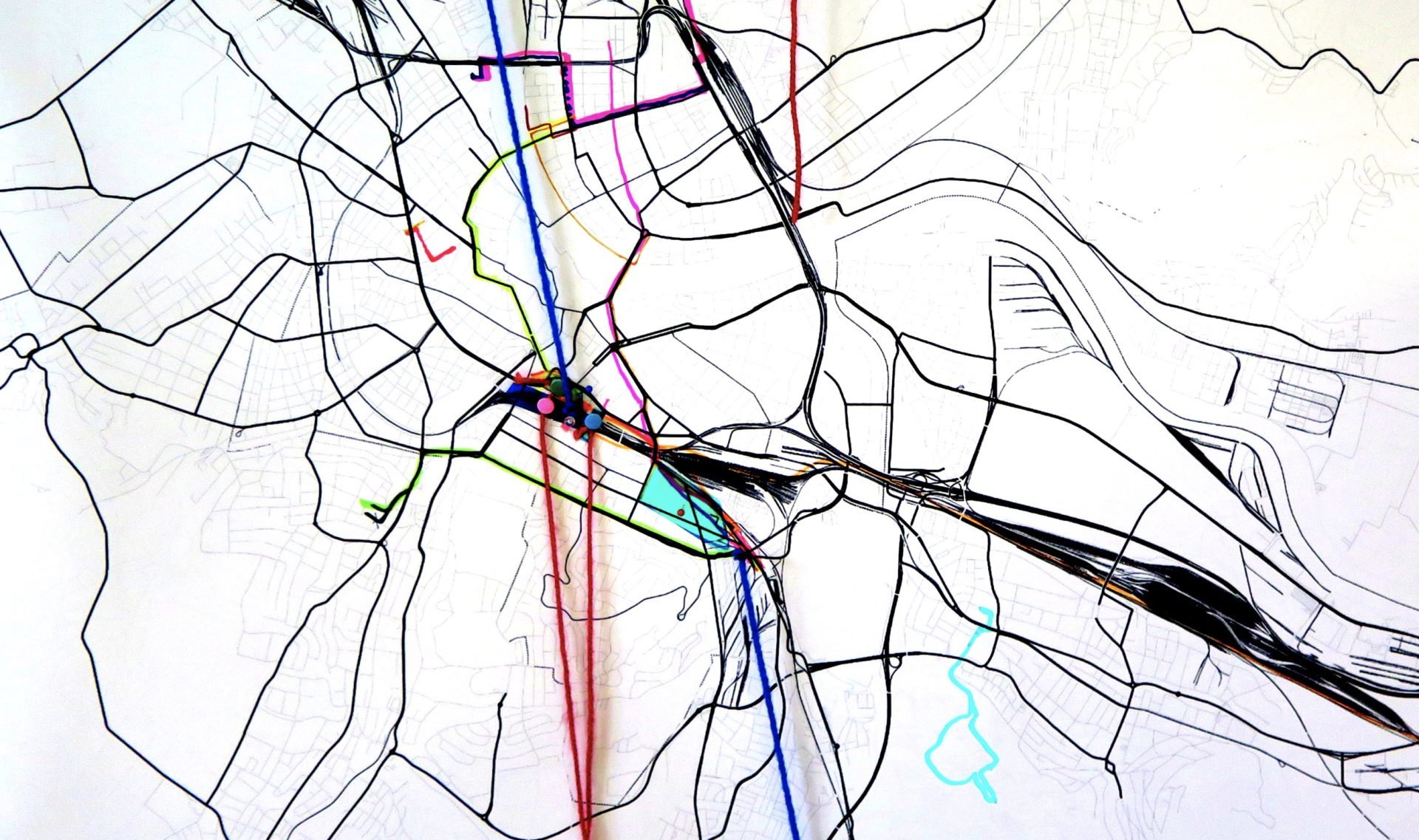

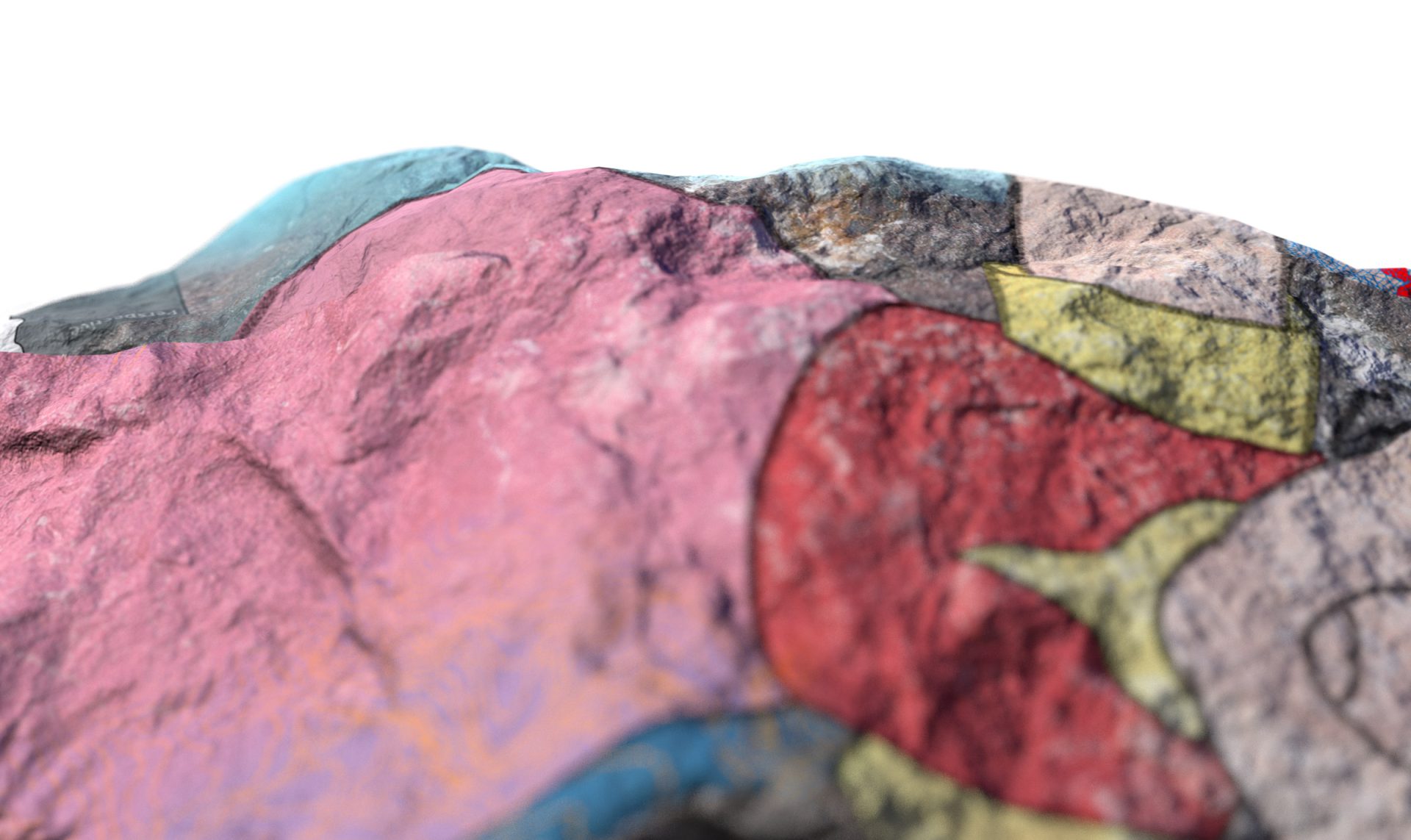

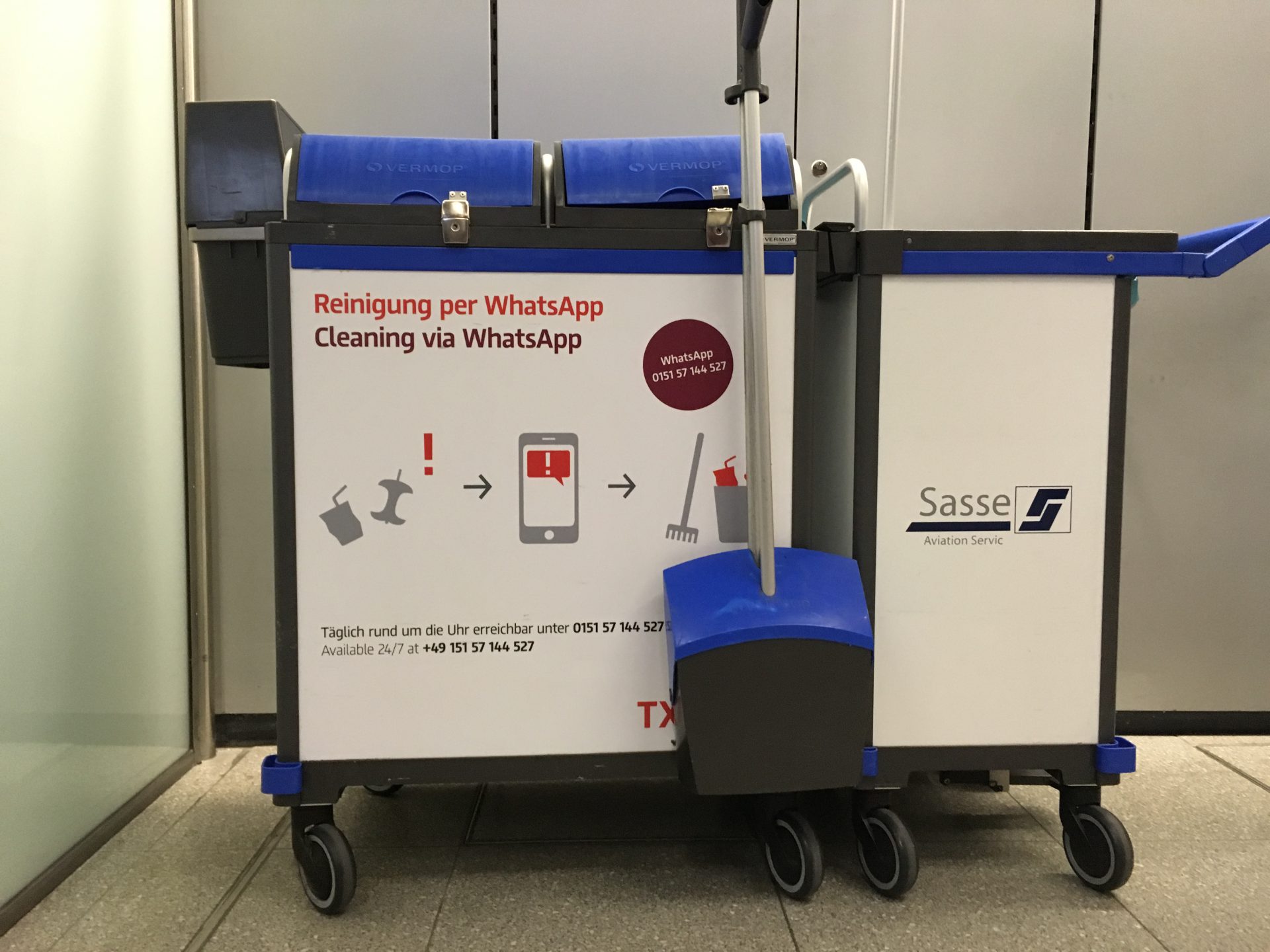
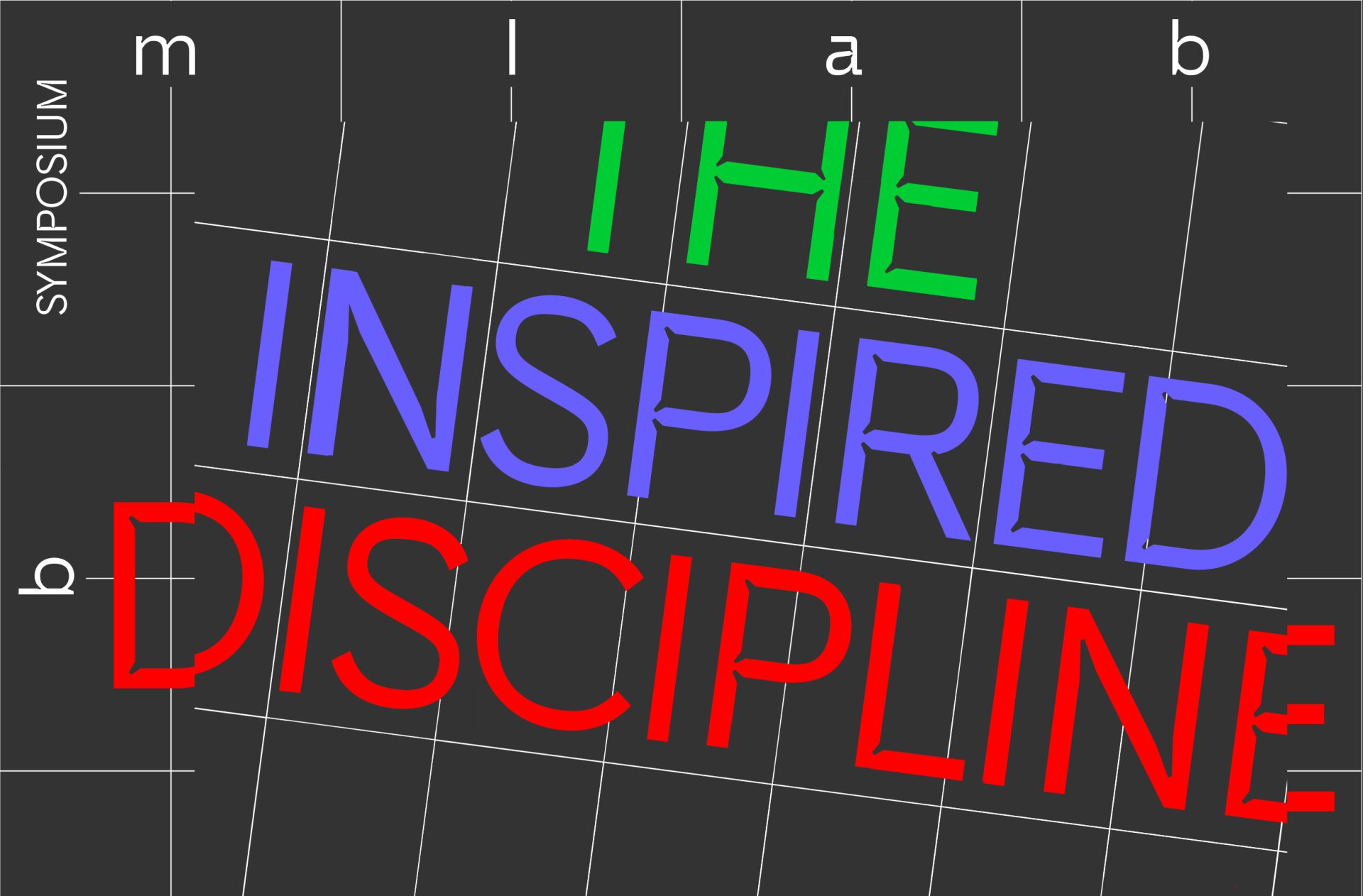
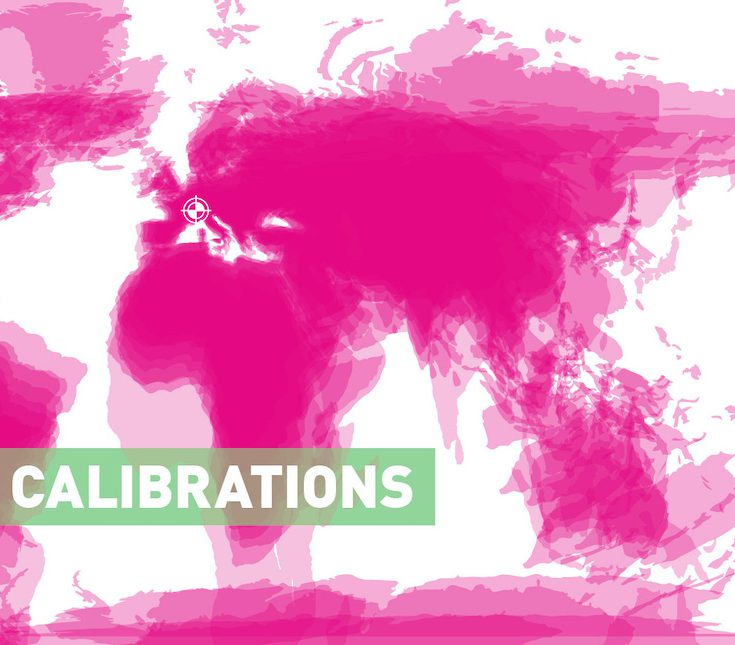
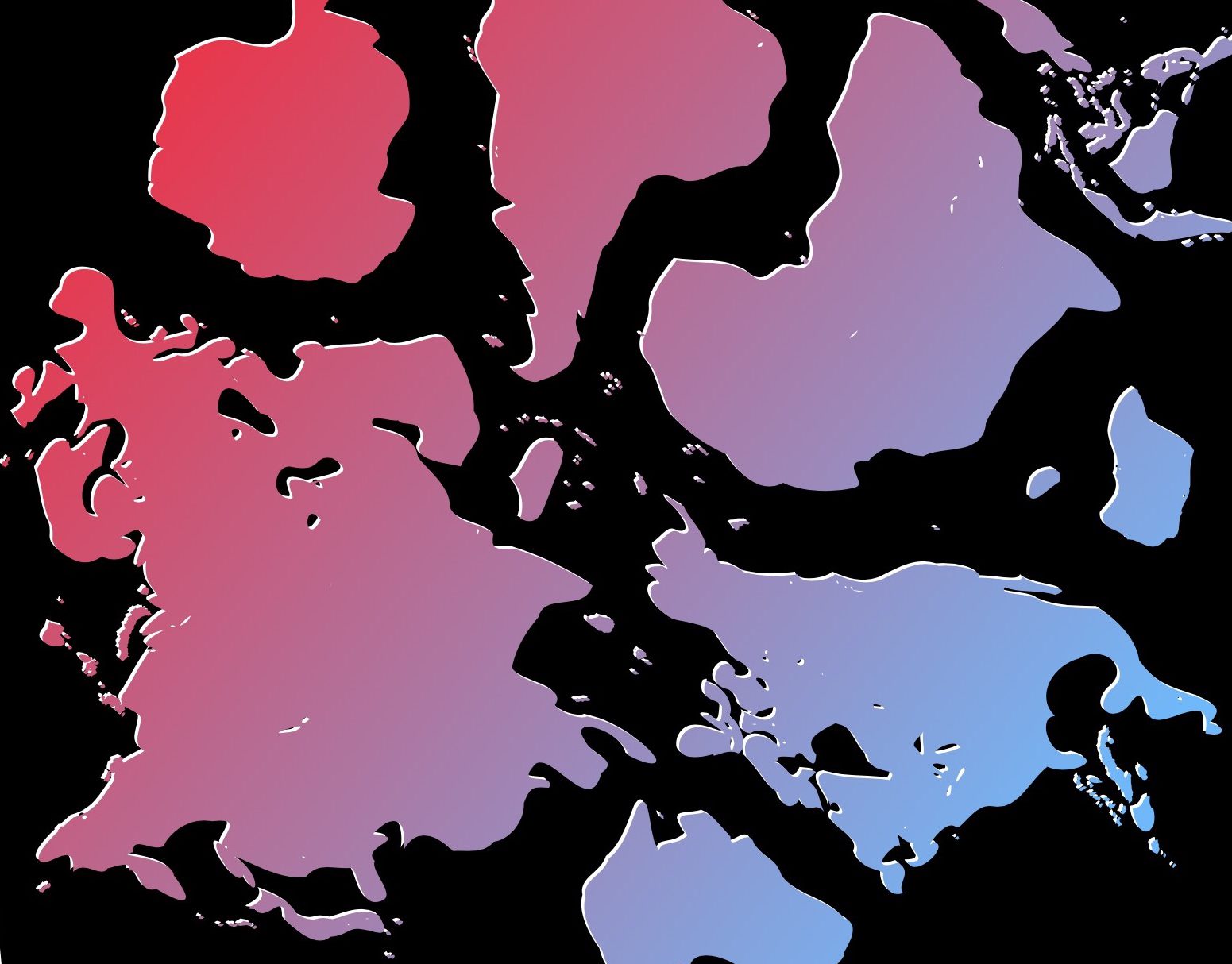
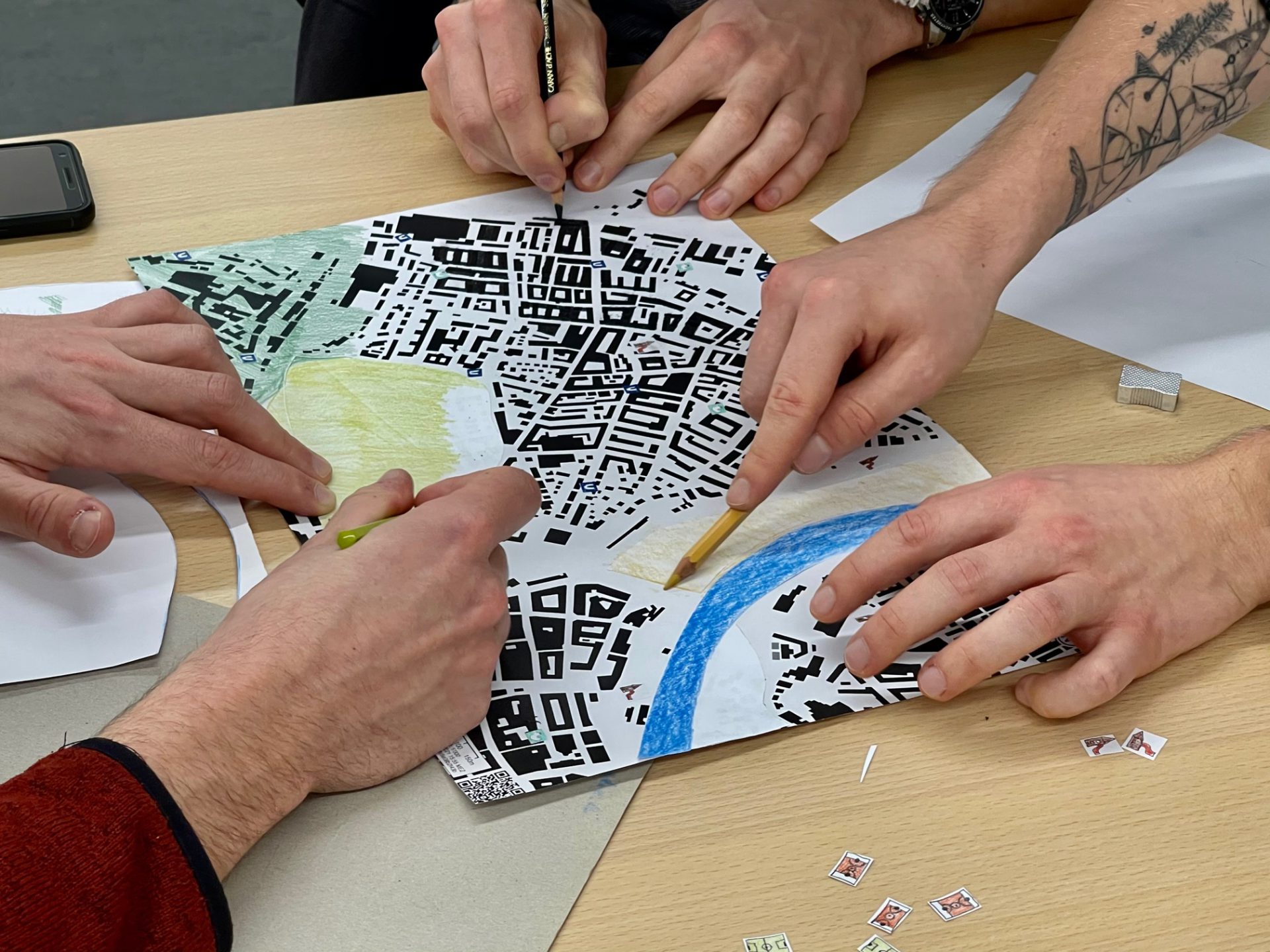

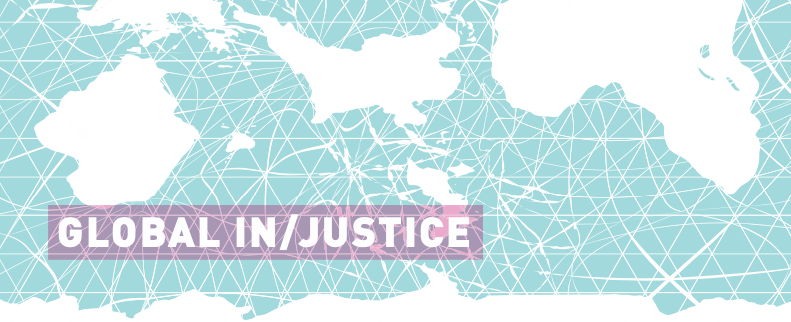
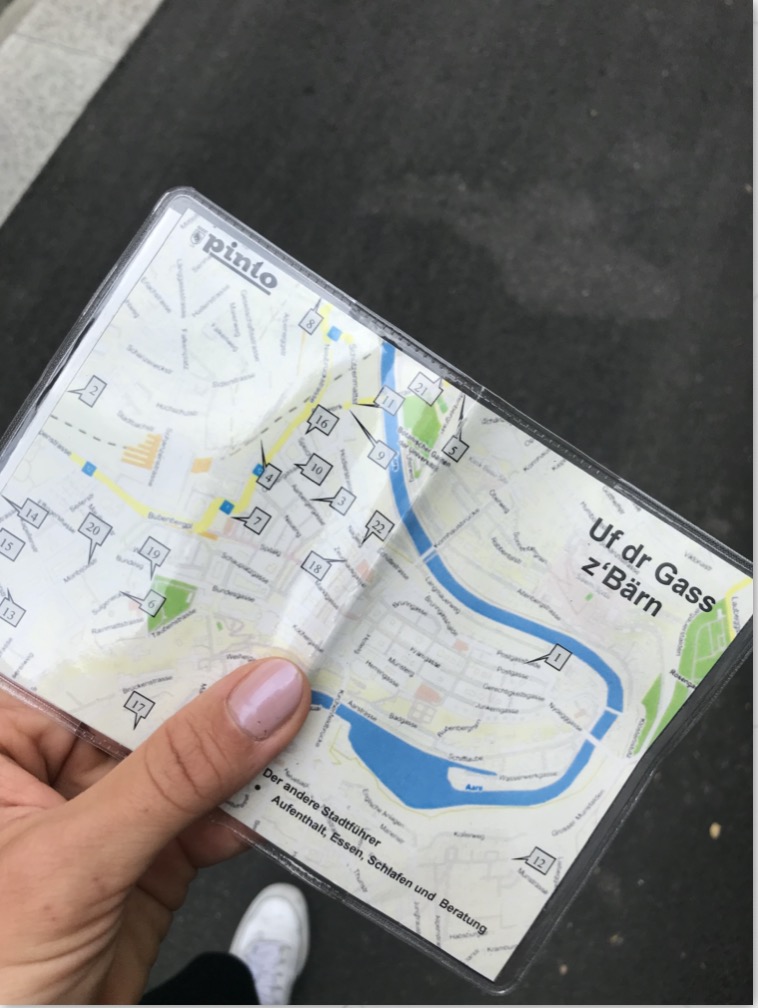
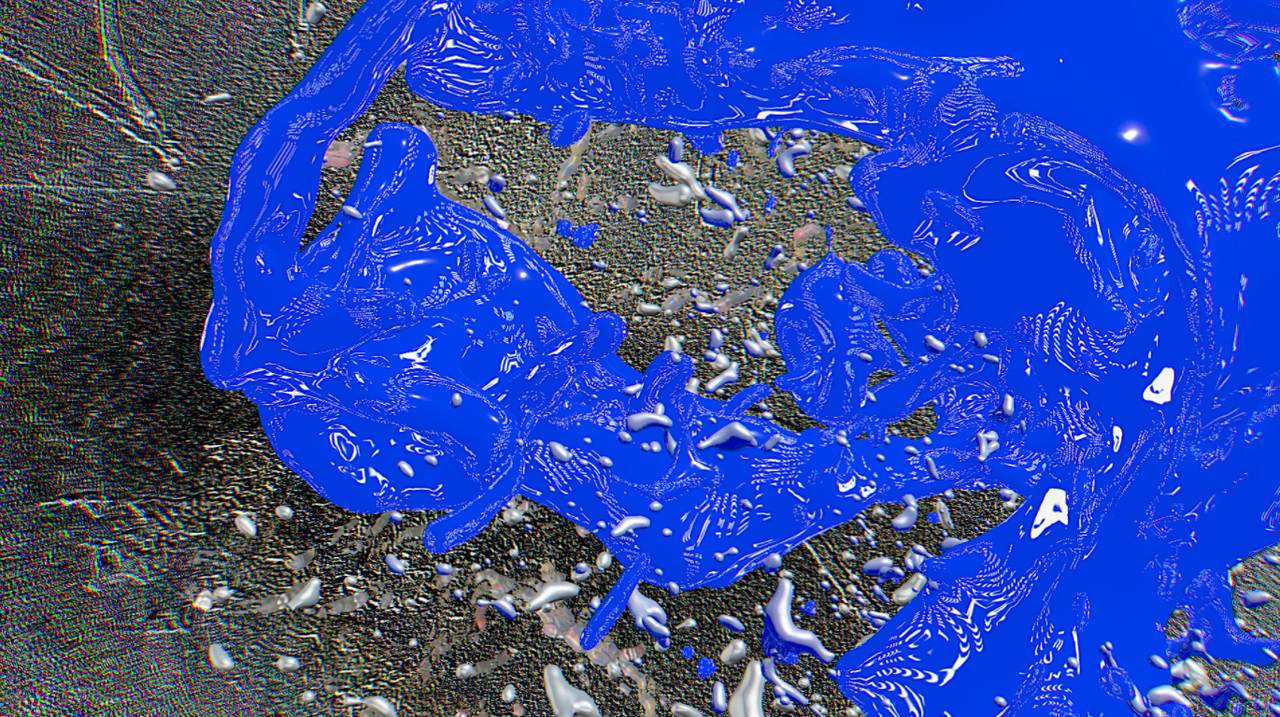

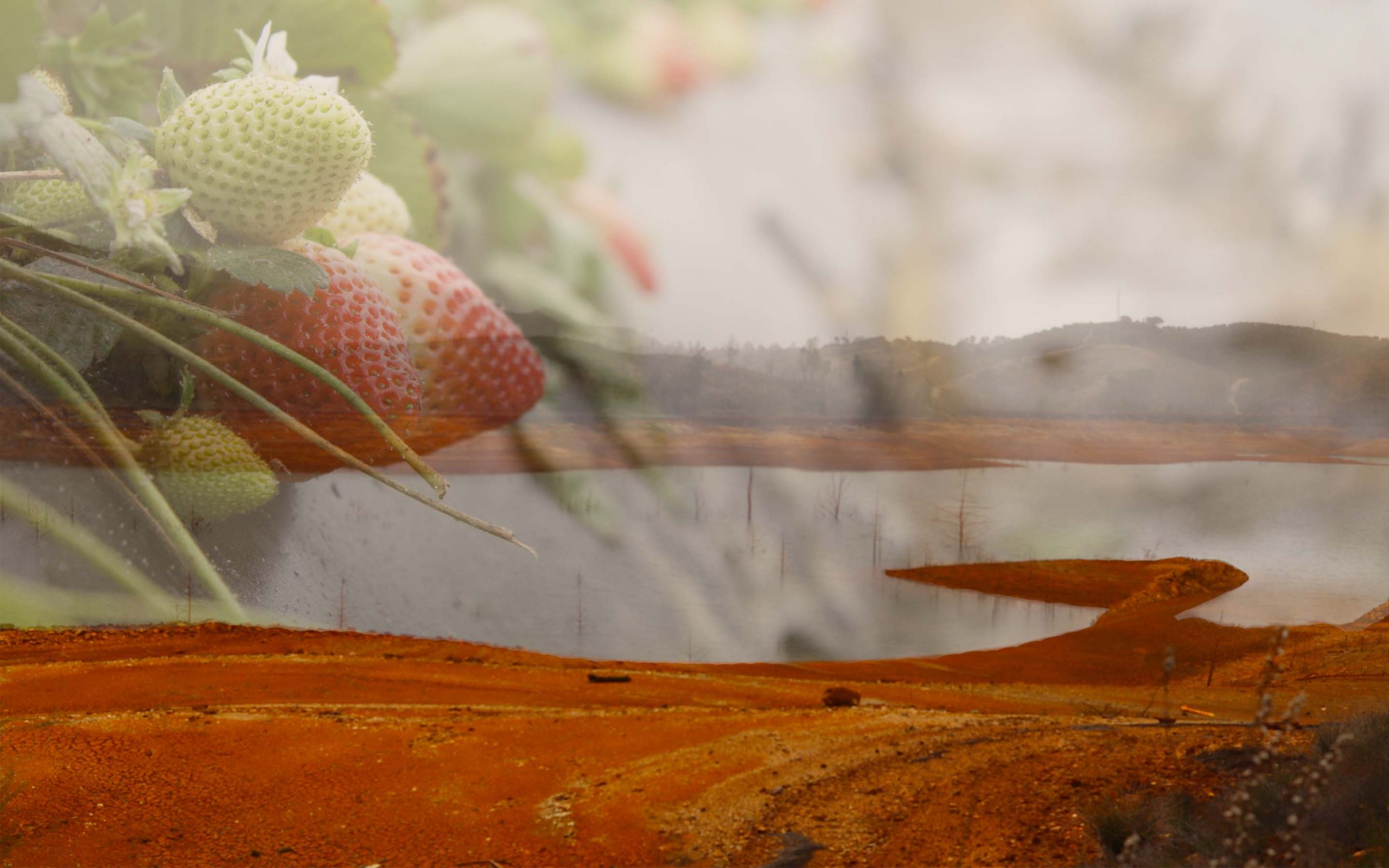
This project explores and attempts to trace the effects of pesticides and other contaminants on human bodies and the rest of the environment. A programme of events will take place throughout May 2022 at the Institute of Geography of the University of Bern.
Elusive Exposures brings together artist Lucy Sabin, geographer Nora Komposch, and soil scientist Professor Adrien Mestrot. The programme they have devised combines artistic and scientific approaches. Collaborations take the form of creative mapping, excursions and workshops, symposia, and an art exhibition.
Sabin will collaborate with Komposch and Mestrot to develop creative processes for making toxicity visible and communicating experiences of exposure. The residency team is guided by a commonly held question: How can we make exposures to toxicity visible while conveying scale and complexity?
The inquiry draws upon preliminary fieldwork in Huelva, Southwest Spain, as well as local farming practices in the region surrounding Bern. Huelva is an area of intensive agricultural and industrial activity. Elusive Exposures began with the idea to create a digital map showing sources and trajectories of pollution in the province, such as pesticides, smokestacks, waste dumps, and heavy metals from mining.
The resultant programme is intended as a forum for developing multidisciplinary methods and networks that will feed into future research projects on related themes. Throughout this investigative residency, the team are joined by colleagues researching pesticides as well as partners at laboratories and farms.
09/05/2022
Tour of Batati farm in Sutz | 08.00-12.30
See where food comes from; experience farming with Plant Protection Products. Open to all at GIUB. Max. 13 people. Priority to those who can also attend the tour on
23/05
RSVP by 02/05
12/05/22
Protecting plants, risking environments
16.00-18.00, Room 001, GIUB
Toxic relations are part of late industrial contexts. Toxicity is inscribed in bodies and landscapes. Since the publication of Silent Spring (Carson 1962), the toxic effects of pesticides have become increasingly apparent. Yet pesticides and their legacies of harm persist in widespread circulation, now more than ever.
Plant protection products or PPPs are, according to the European Commission, pesticides that “protect crops or desirable or useful plants”… while often risking the health of surrounding ecosystems. This symposium features a panel of three researchers from the University of Bern who approach the topic of plant protection products from different angles.
Dr. Abdallah Alaoui considers what a sustainable transition might look like, within the context of global health. Dr. Natacha Van Groeningen examines the authorization and risk assessment of PPPs here in Switzerland. While Dr. Aurea C. Chiaia-Hernández traces the sources and trajectories of PPPs across the environment.
17/05/22
Uneven geographies of pesticide production, trade and use
12.00-14.00, Room 002
Berner Humangeographisches Kolloquium. Lecture by Professor Christian Berndt (Universität Zürich)
23/05/22
Tour of Balmeggberg farm plus lunch | 08.00-14.00
Experience land management following natural rhythms. Open to all at GIUB. Priority to those who can also attend the tour on 09/05. Max. 13 people
RSVP by 15/05
24/05/22
Exposición (exhibition/exposure)
Location and timings to be confirmed
A series of works in progress by artist-in-residence Lucy Sabin (UCL) inspired by fieldwork in Huelva with Nora Komposch
Take Part
To book your place on the fieldtrips, join the project mailing list, or suggest a collaboration email Lucy, Nora and Adrien at
elusiveexposures@gmail.com